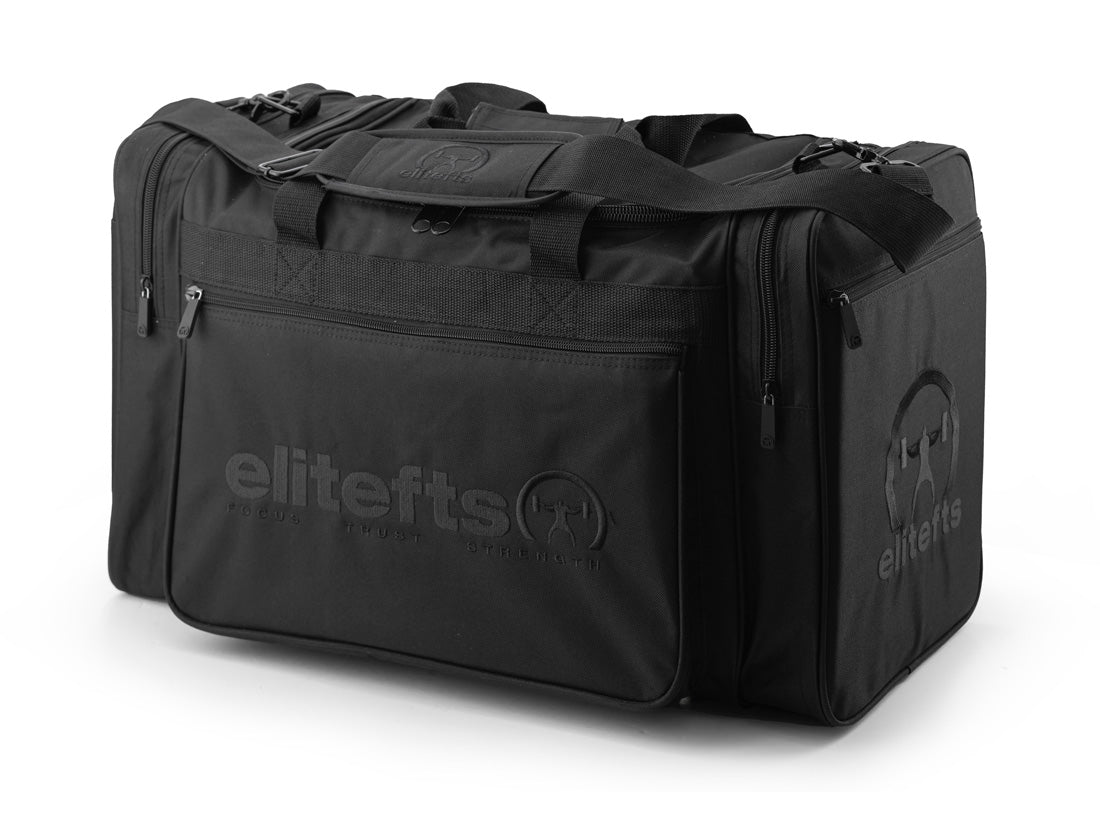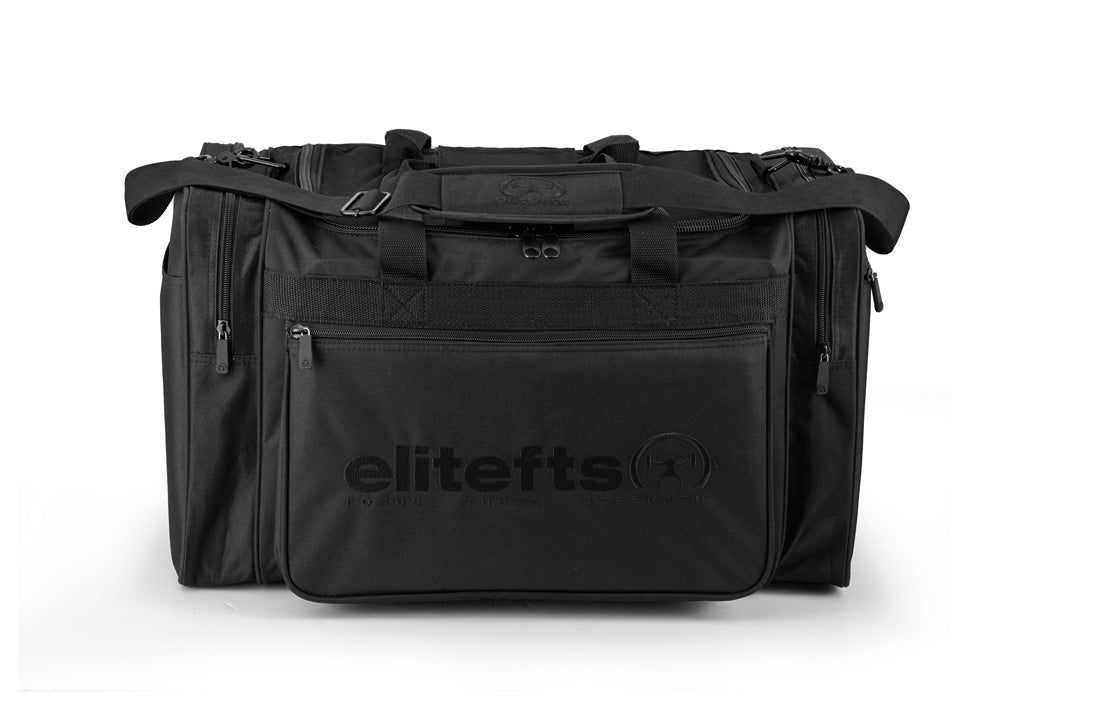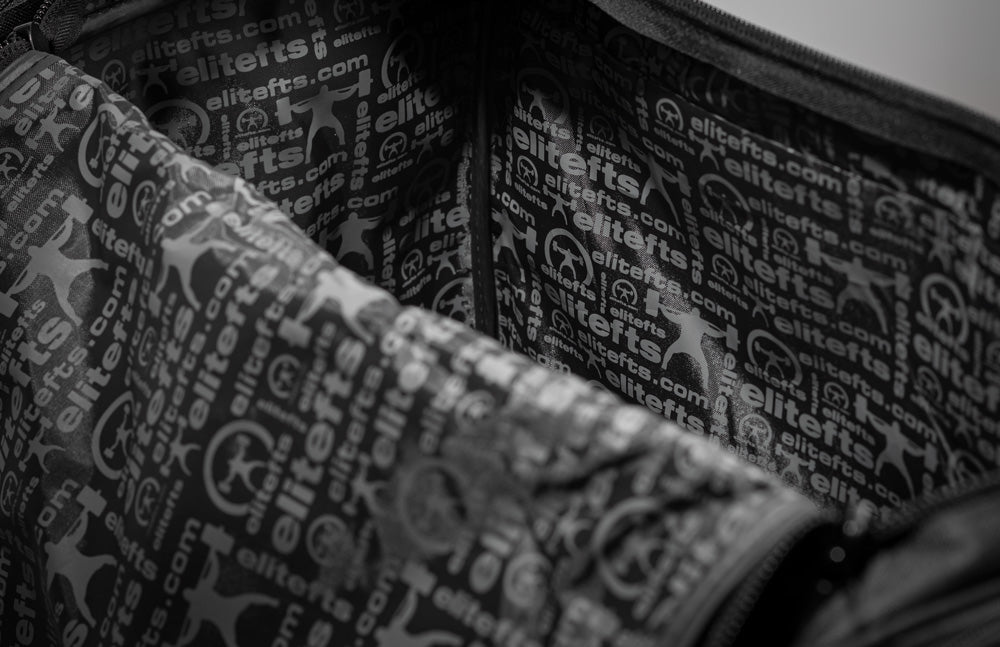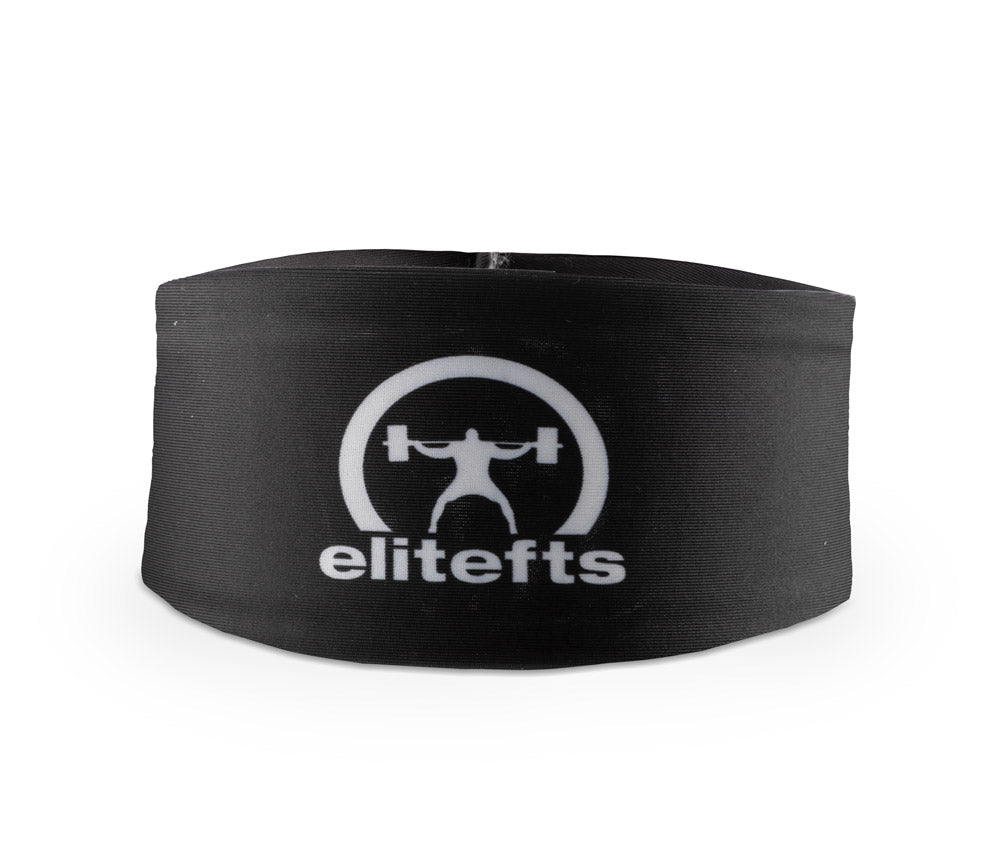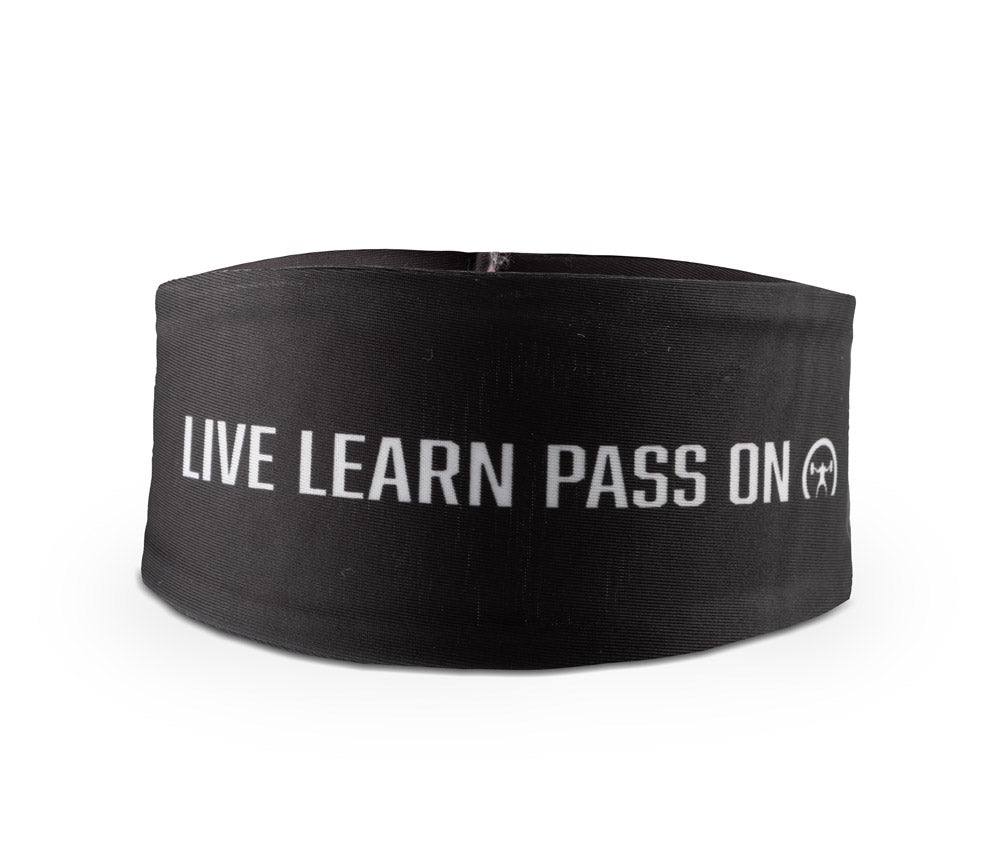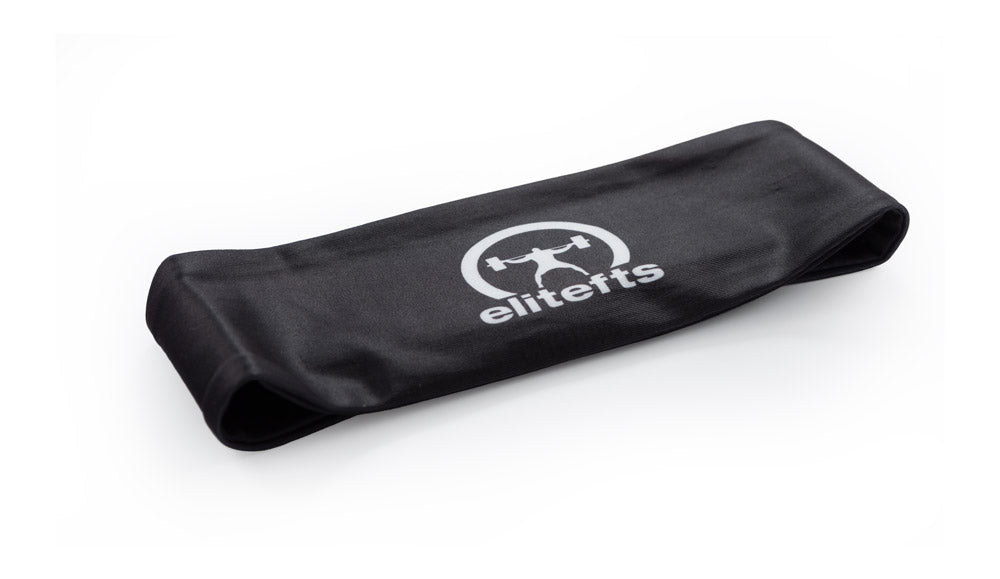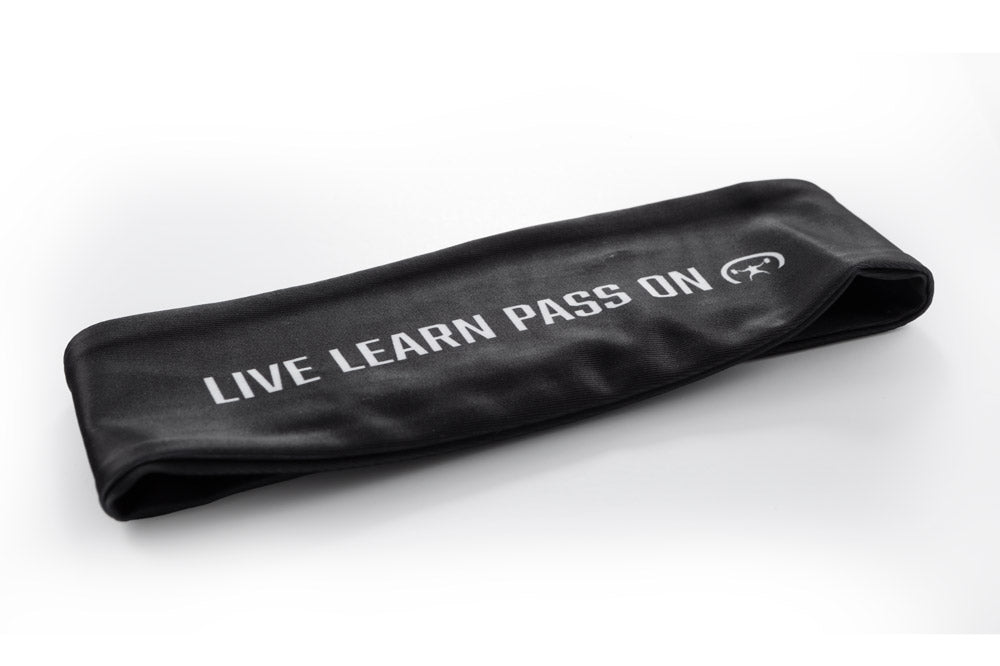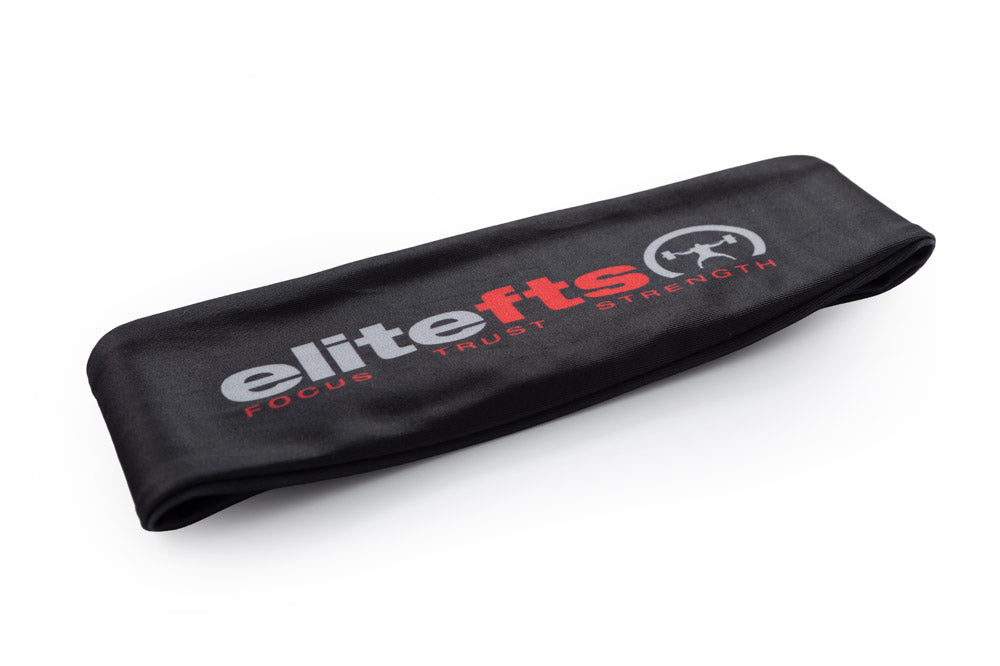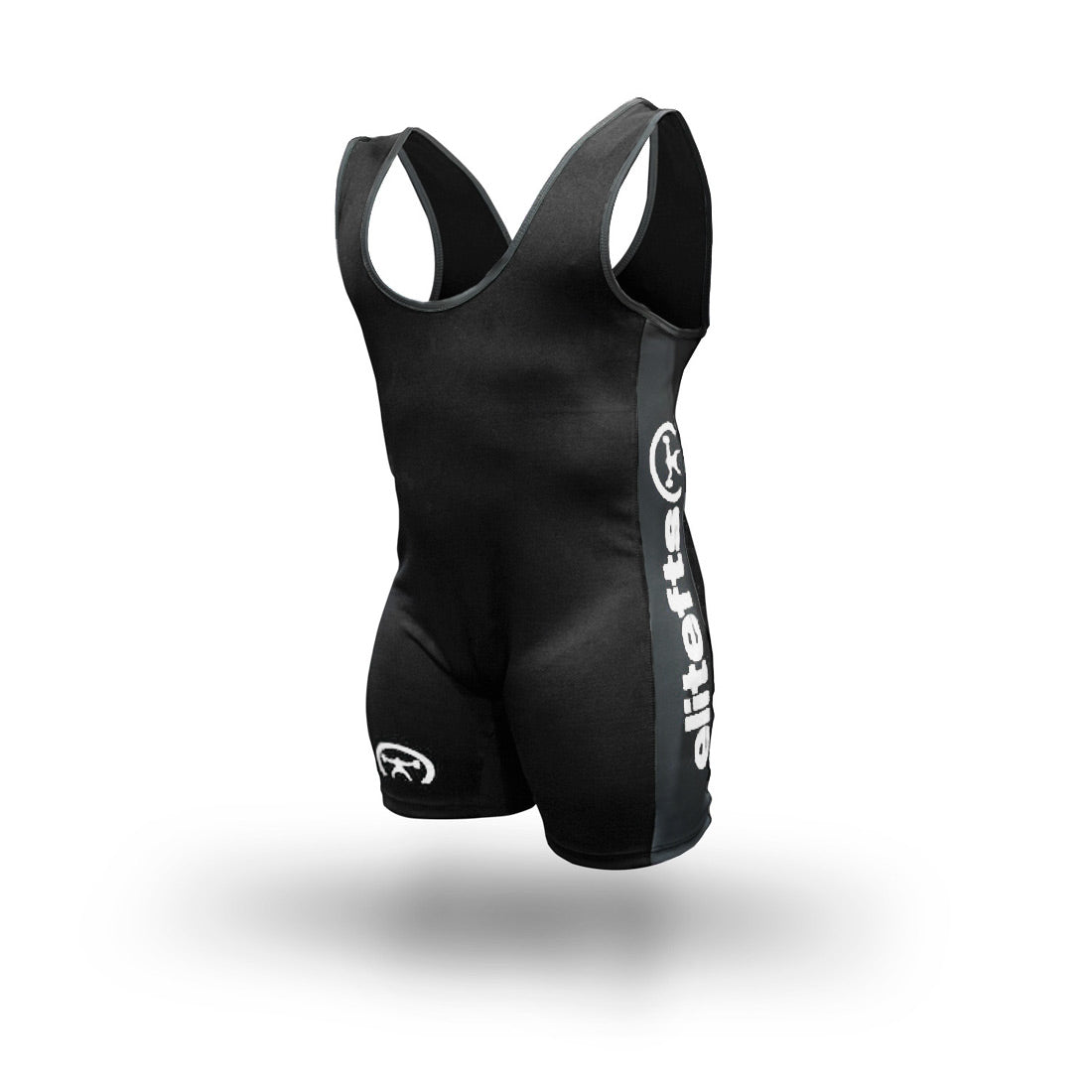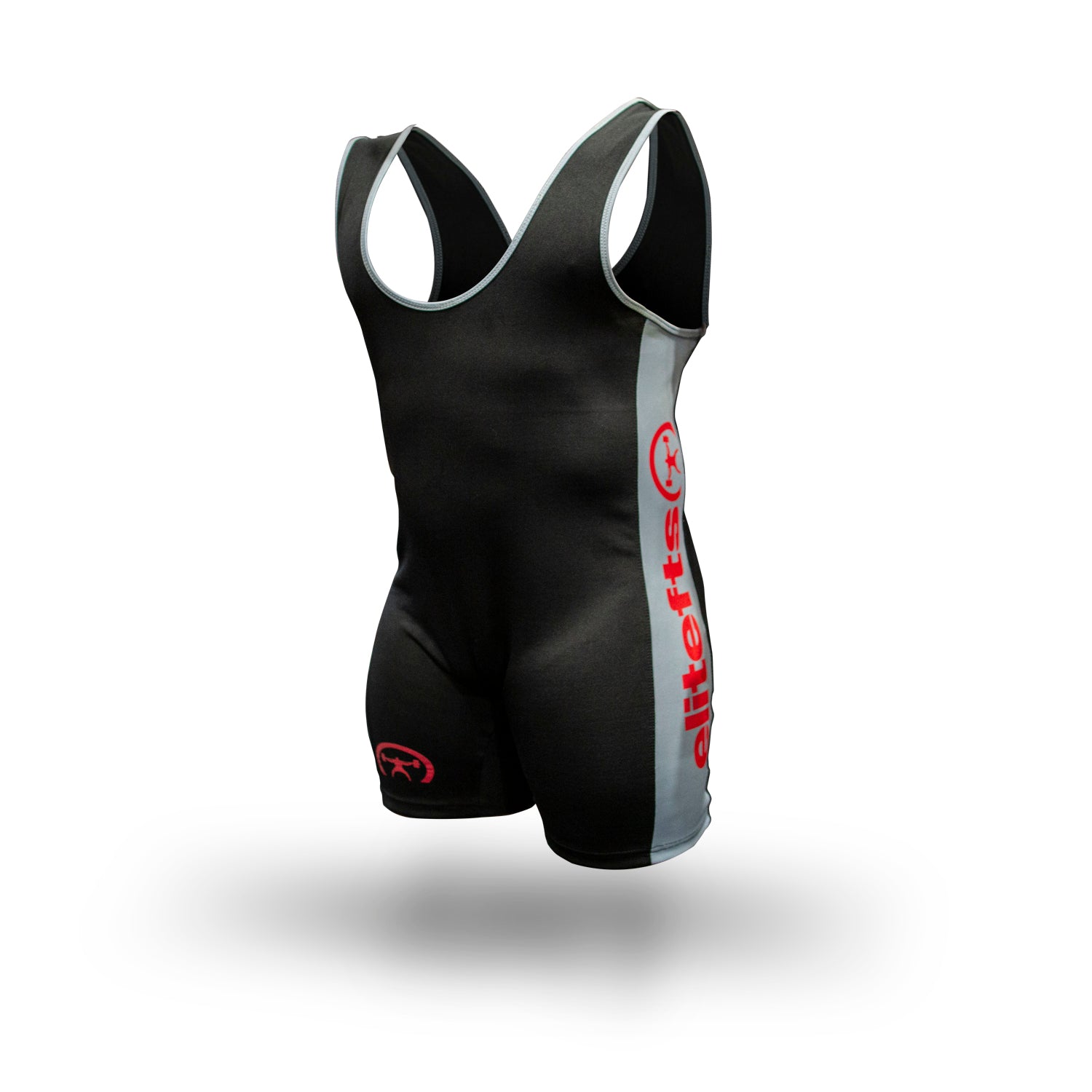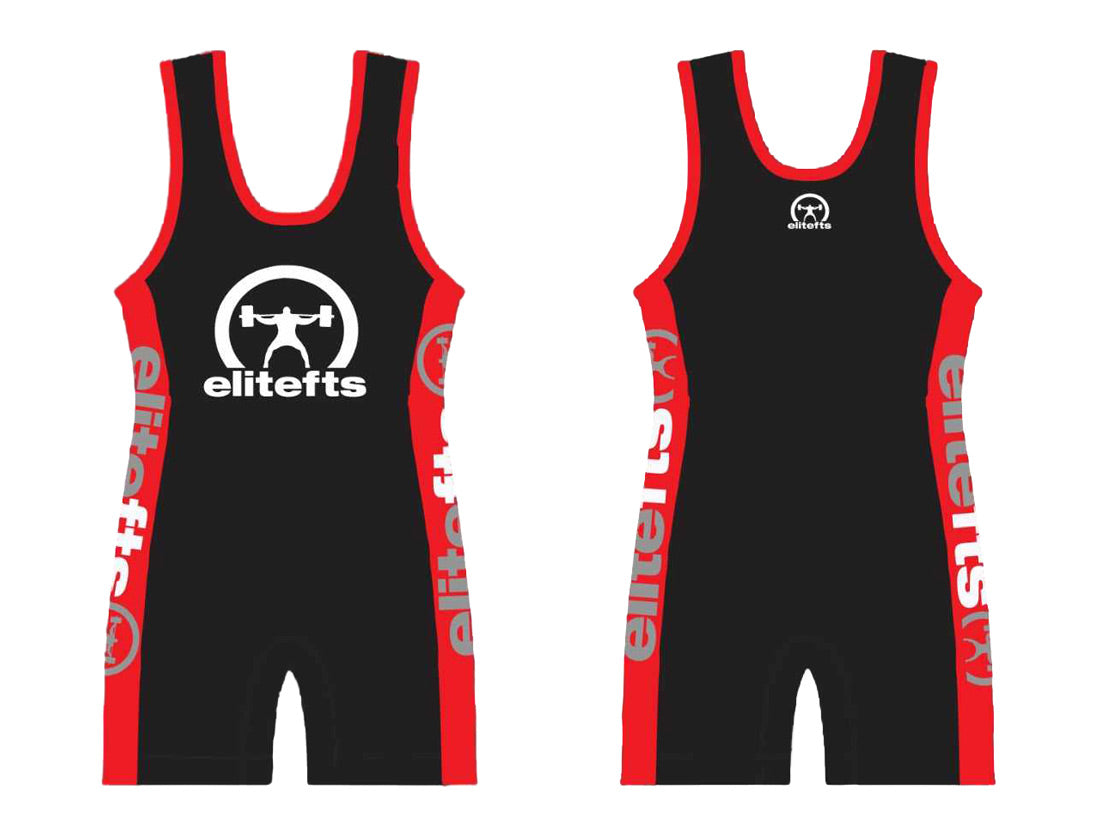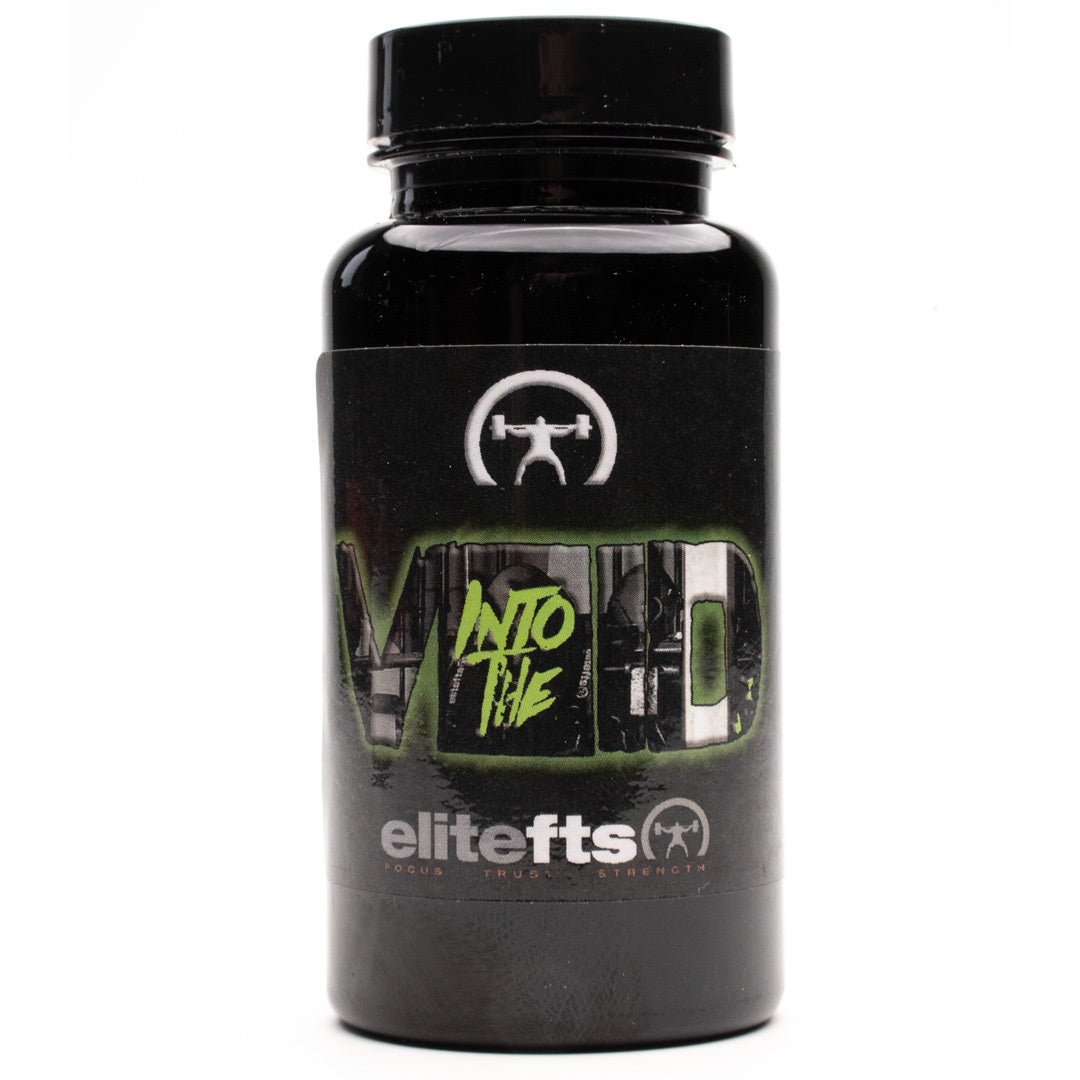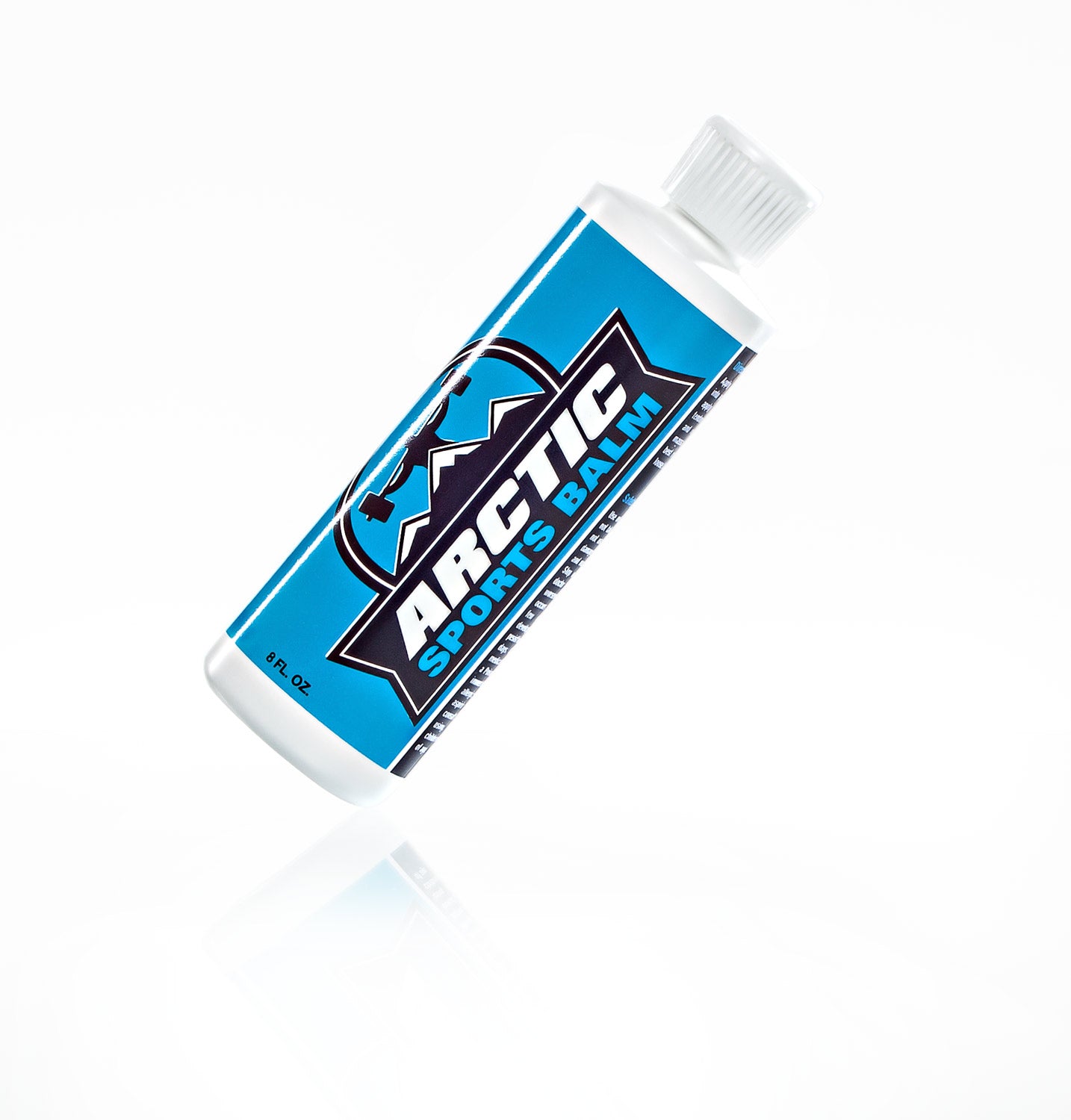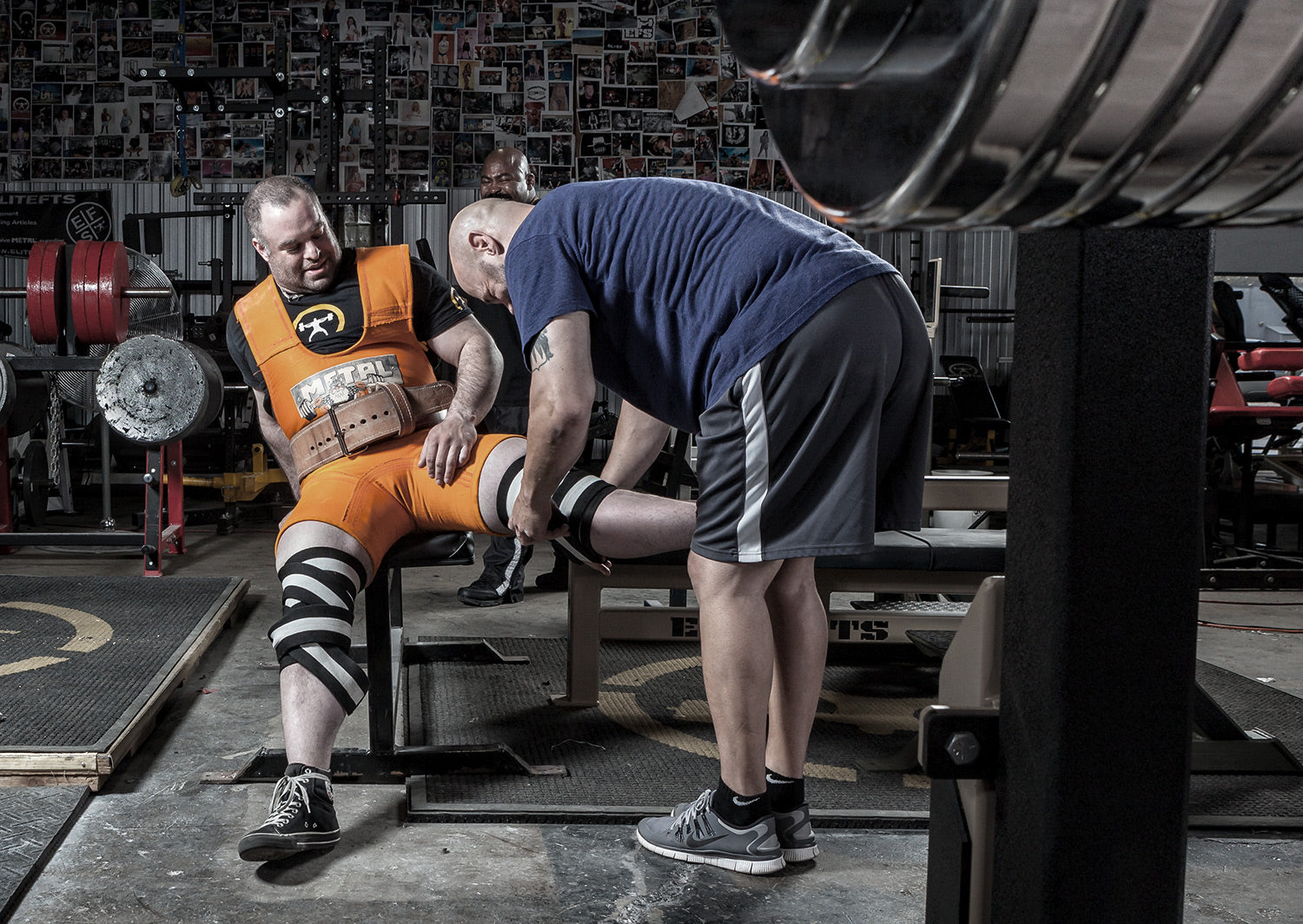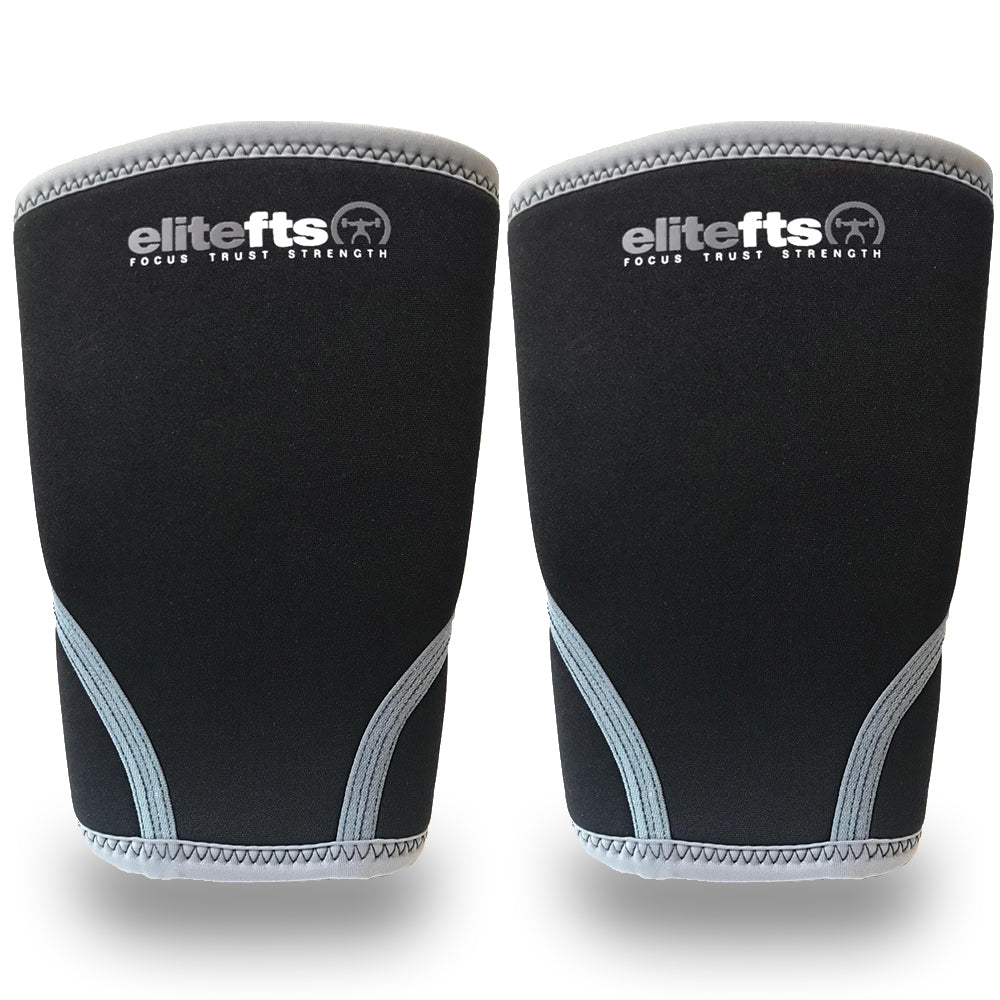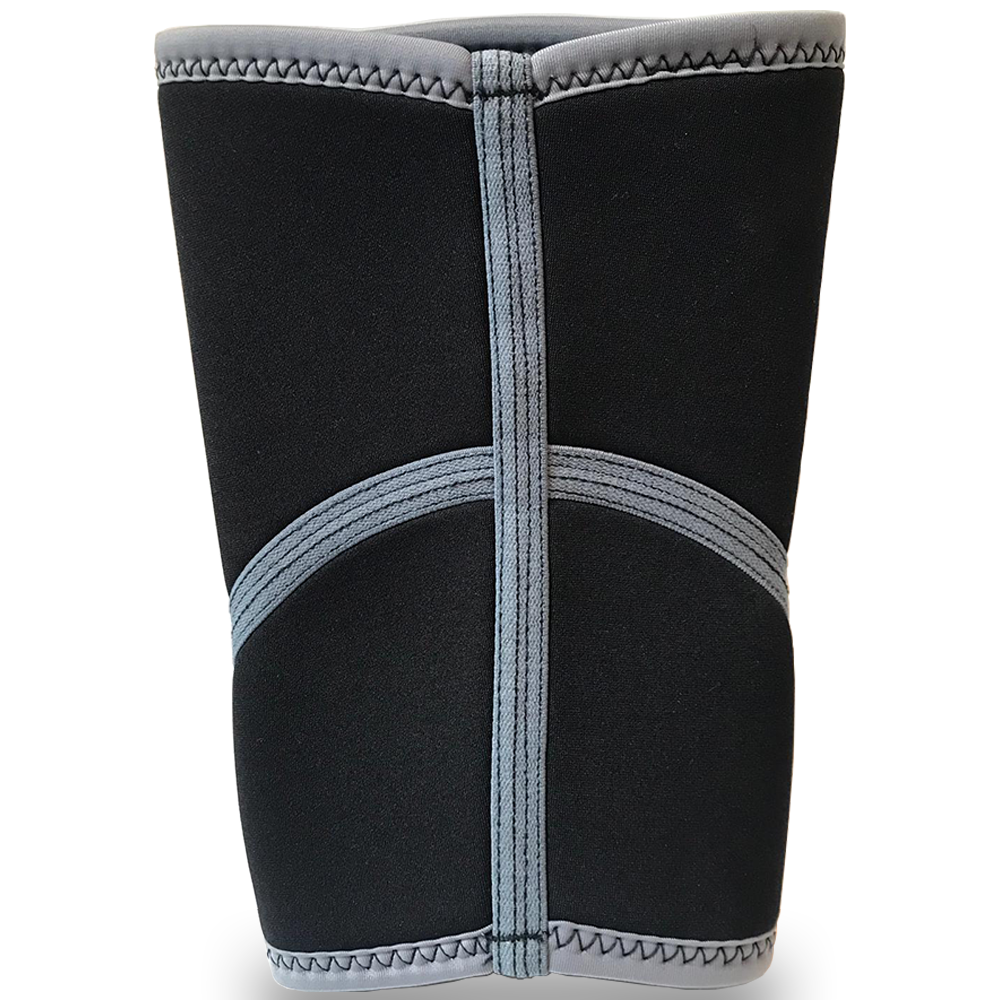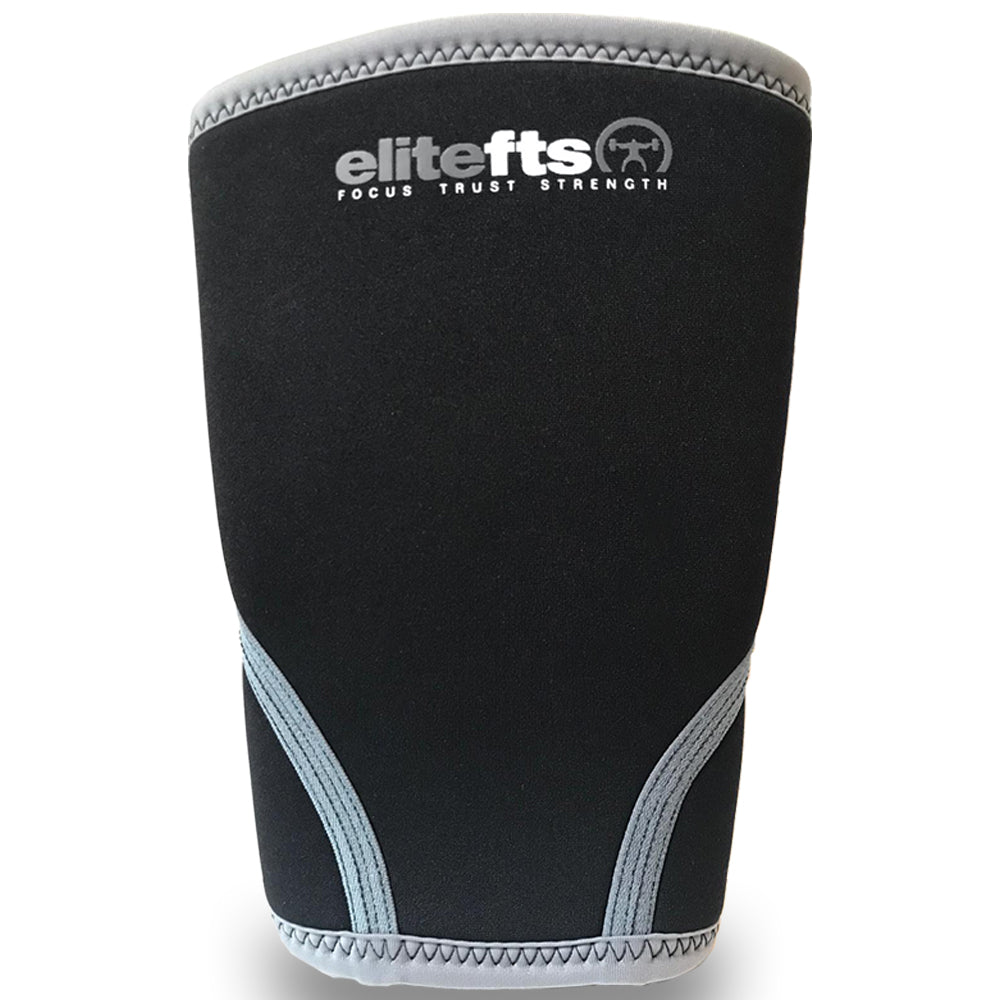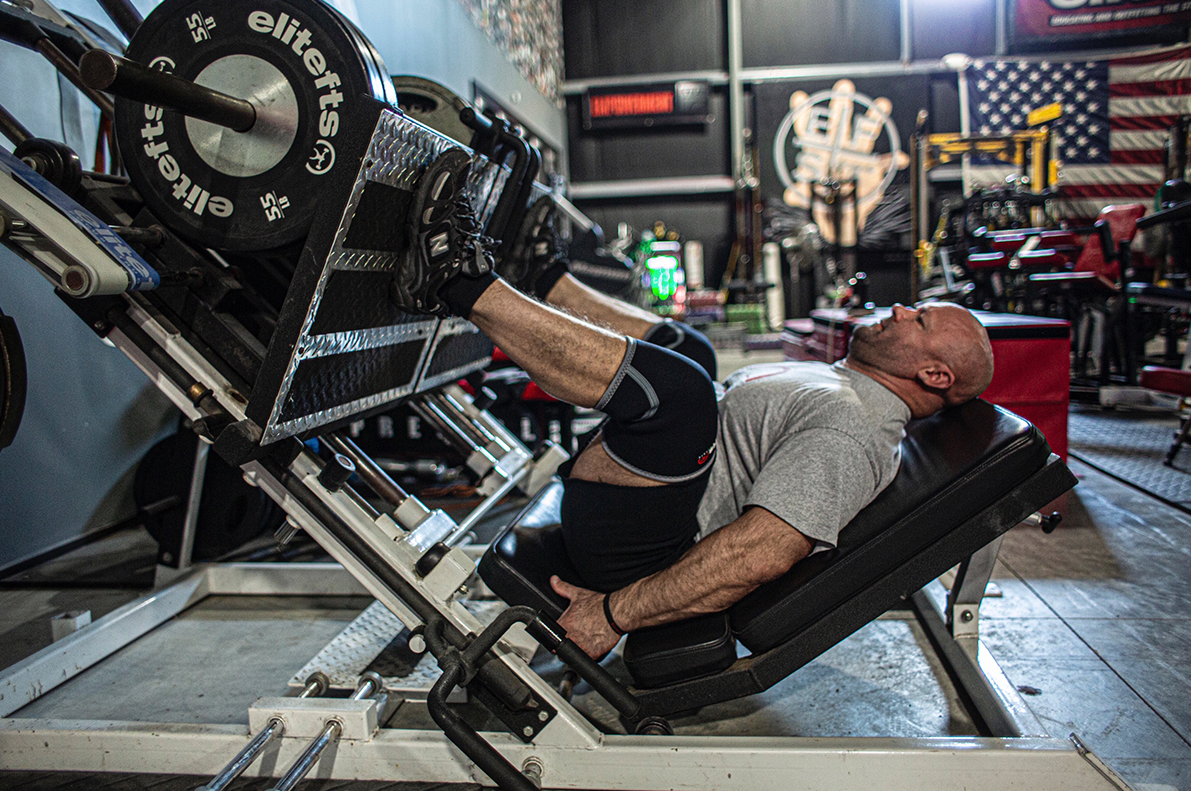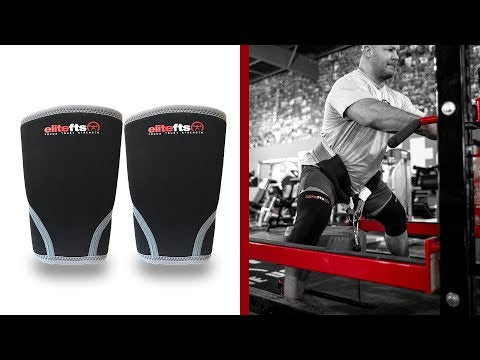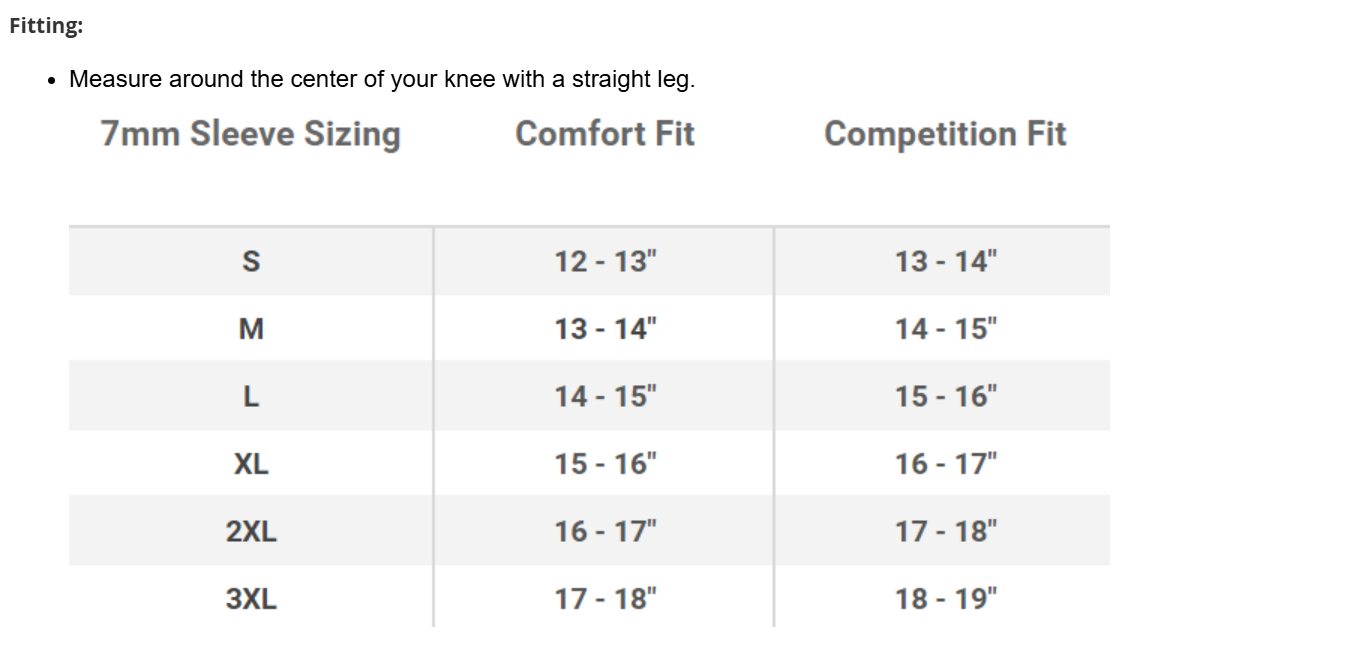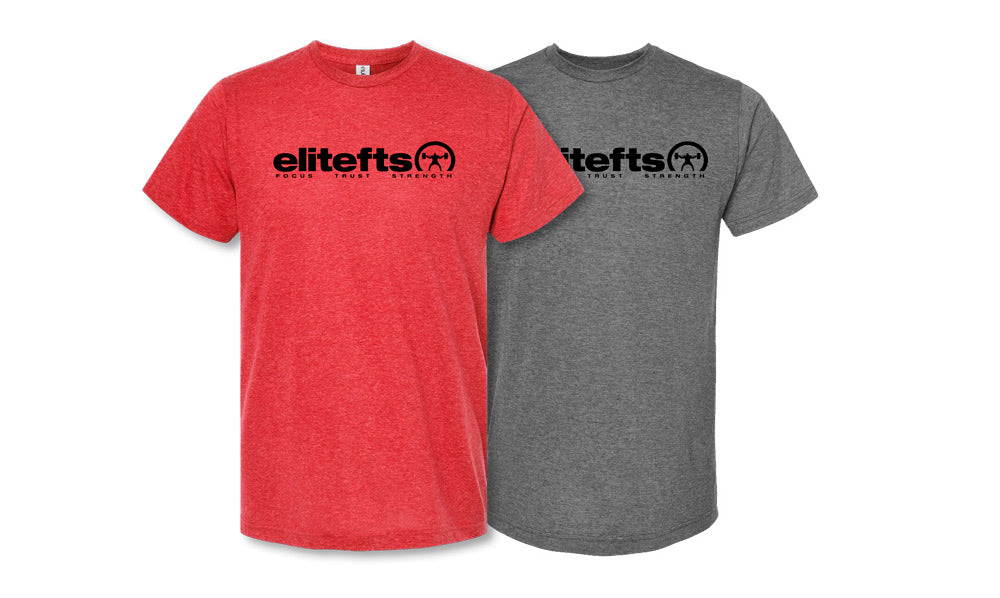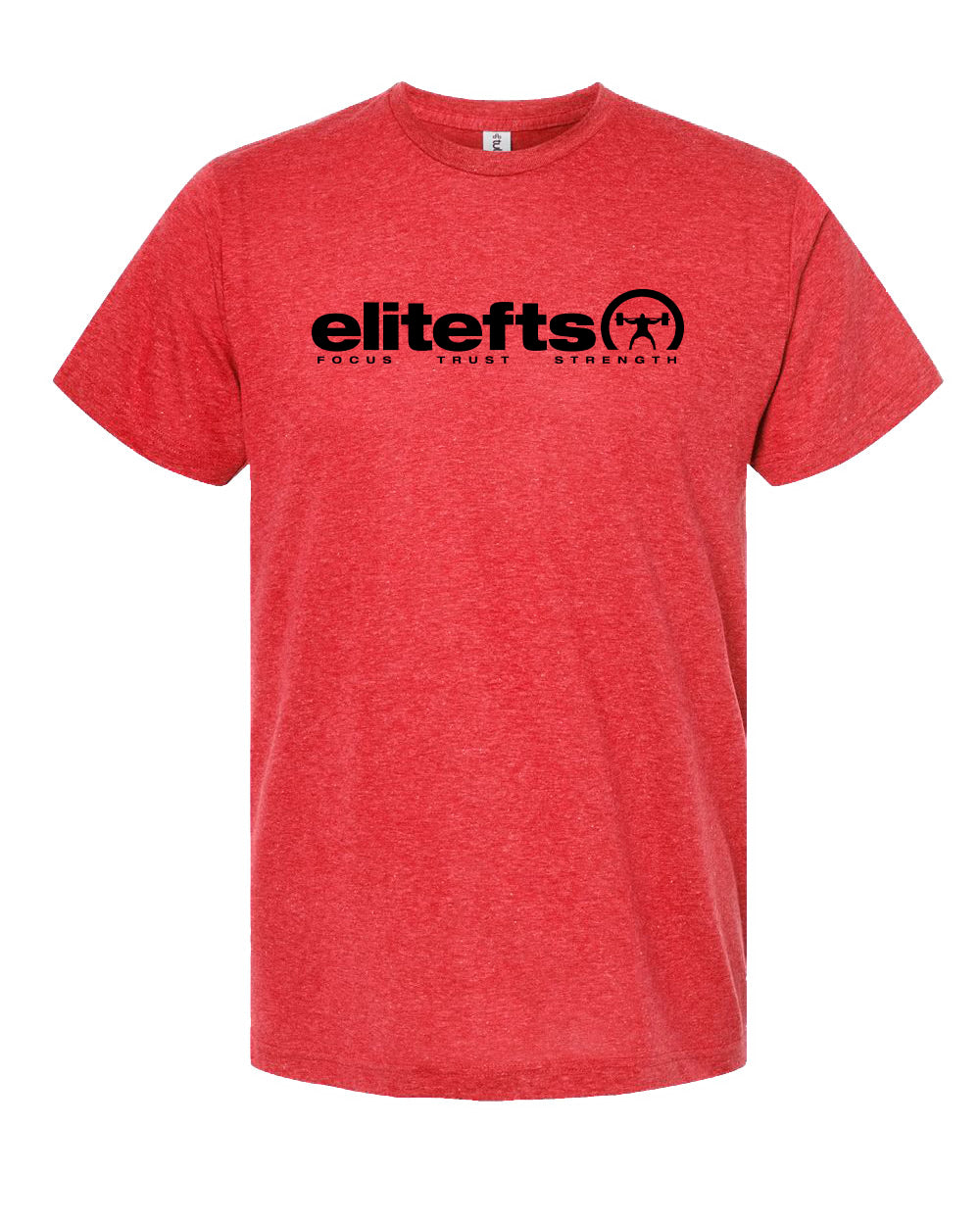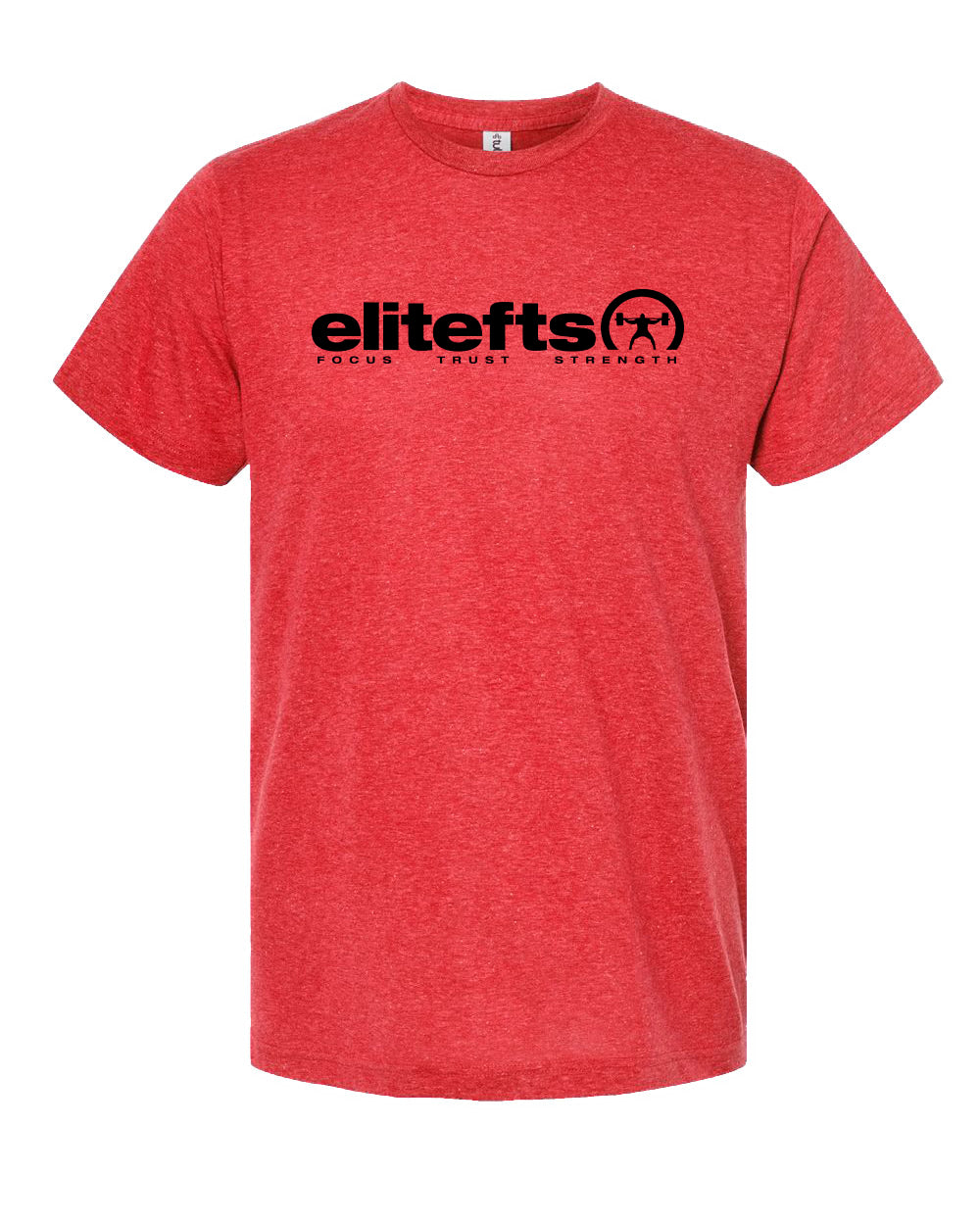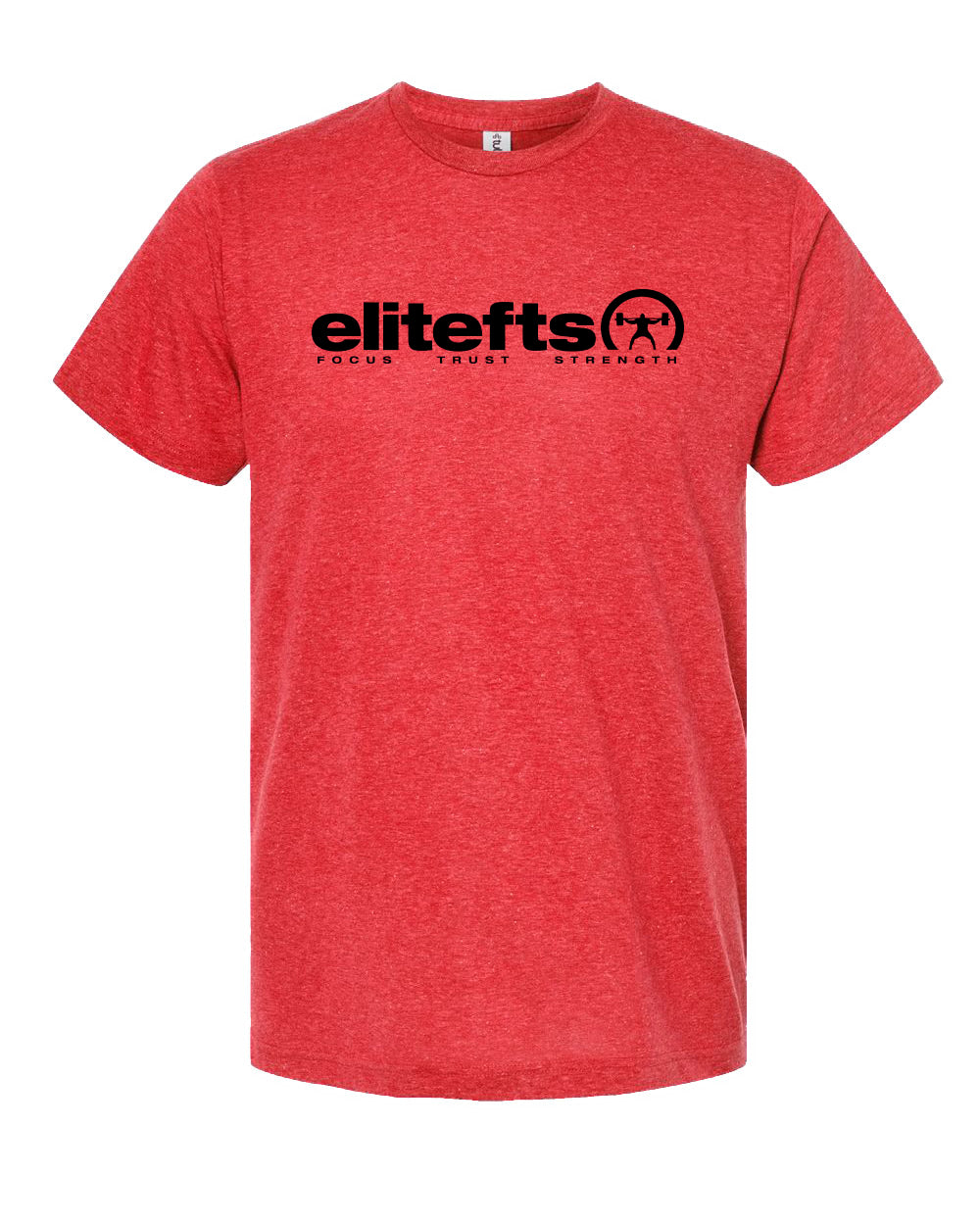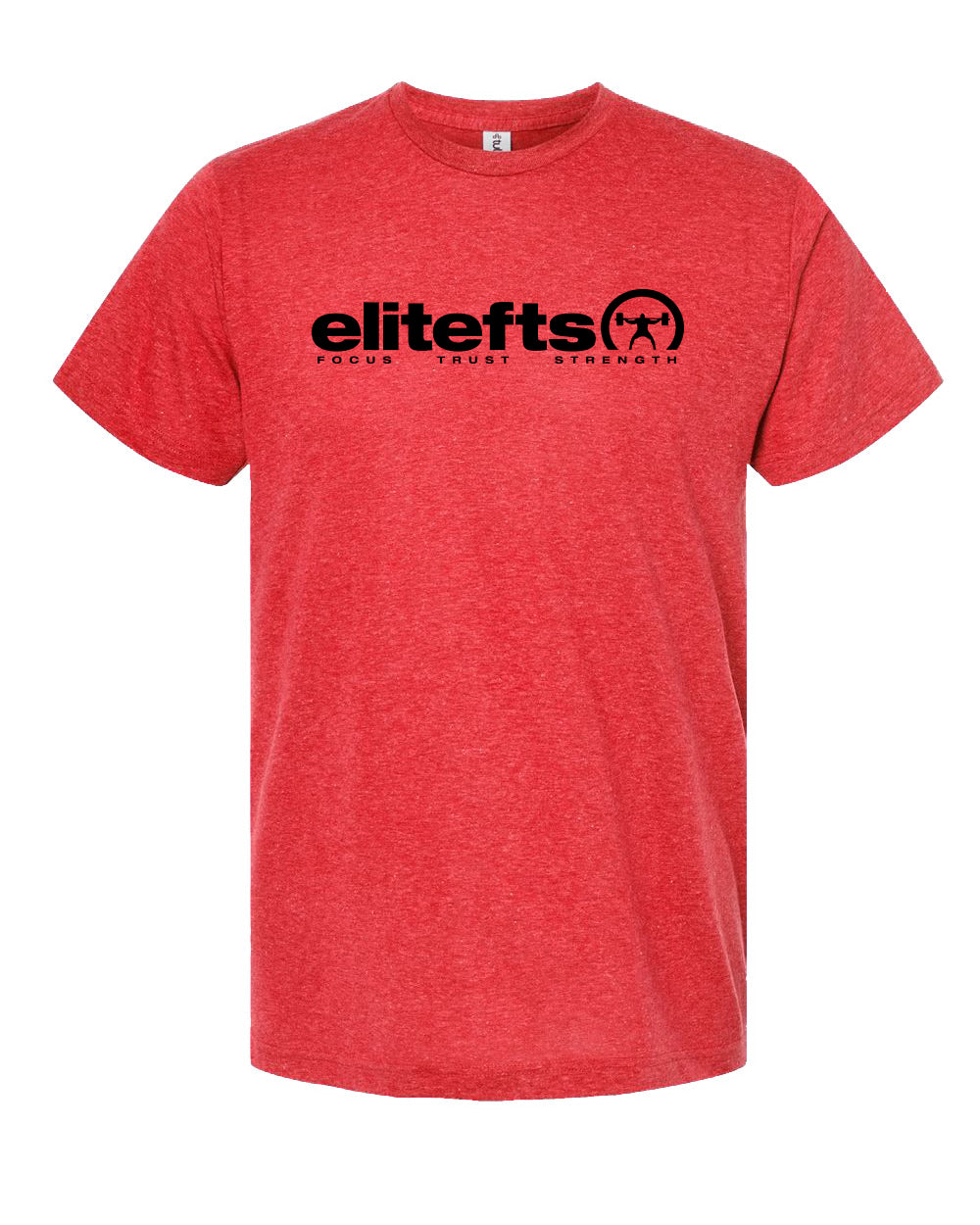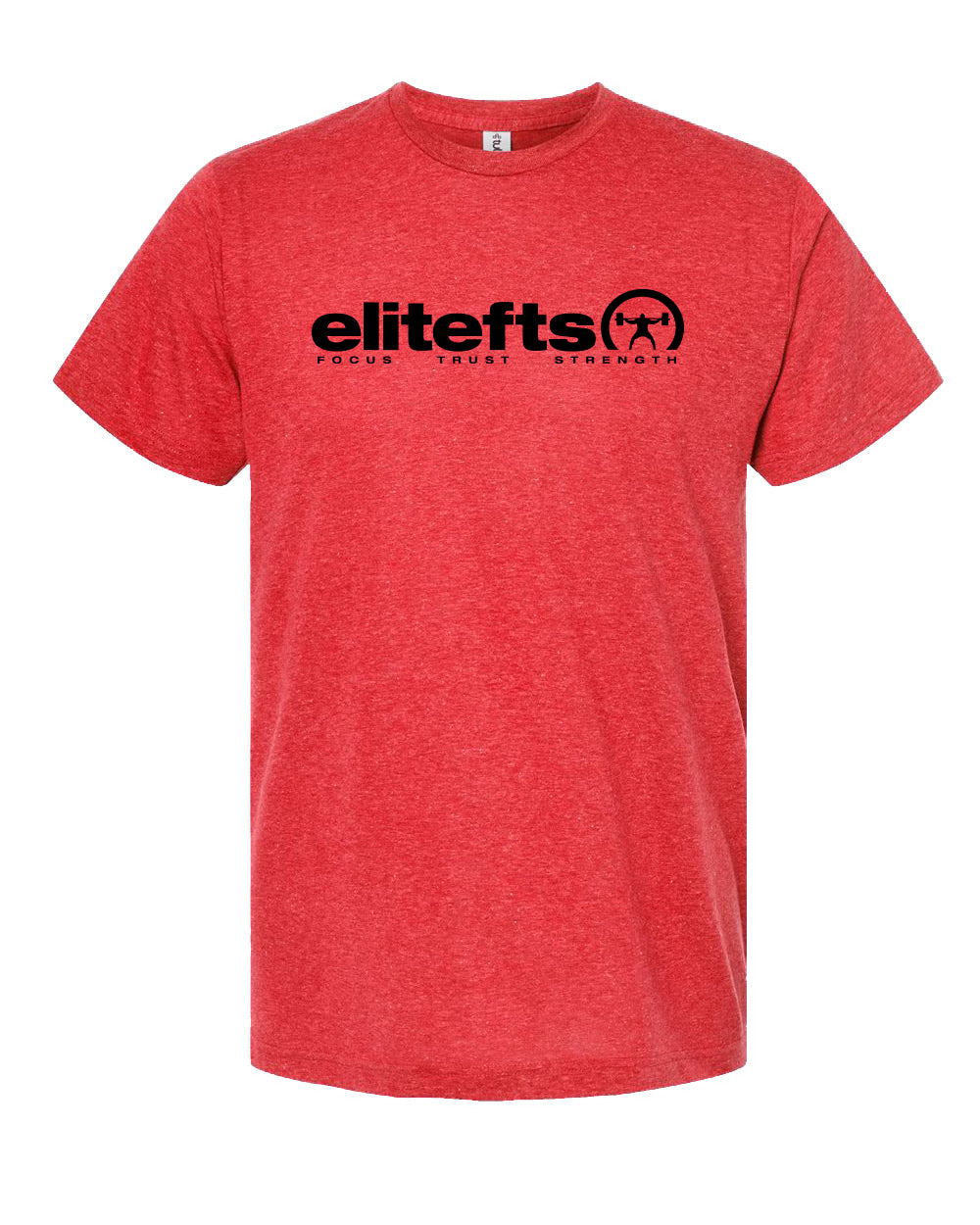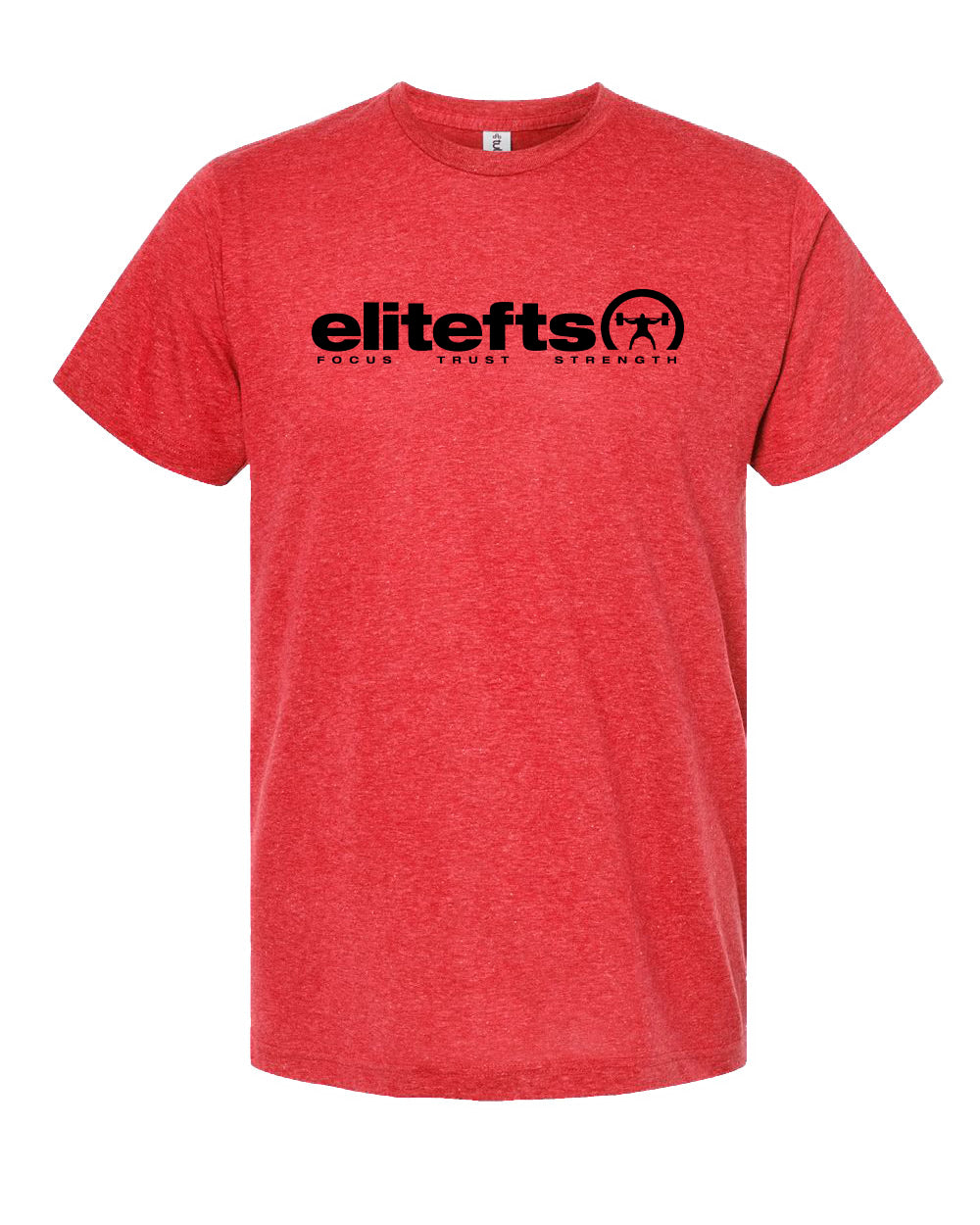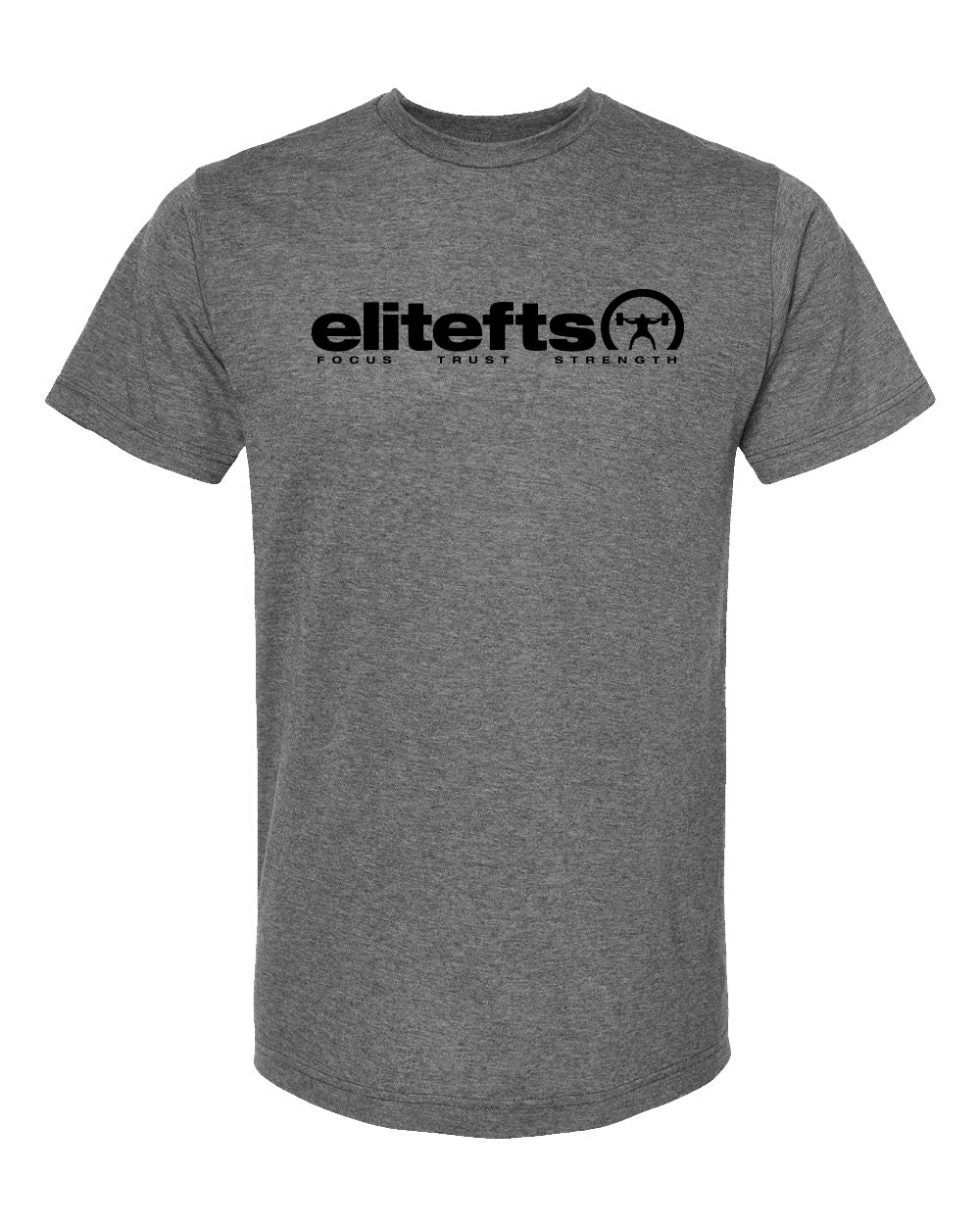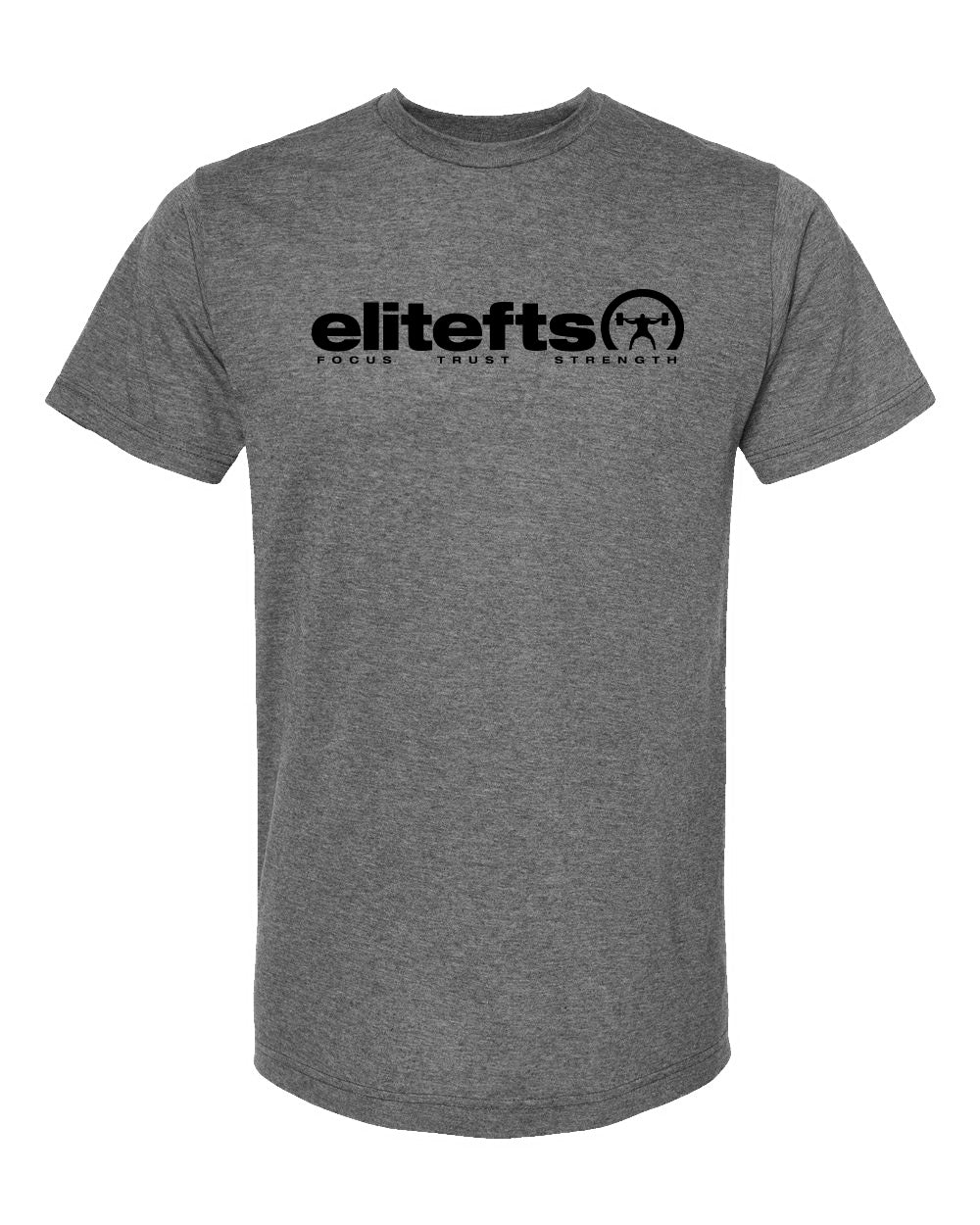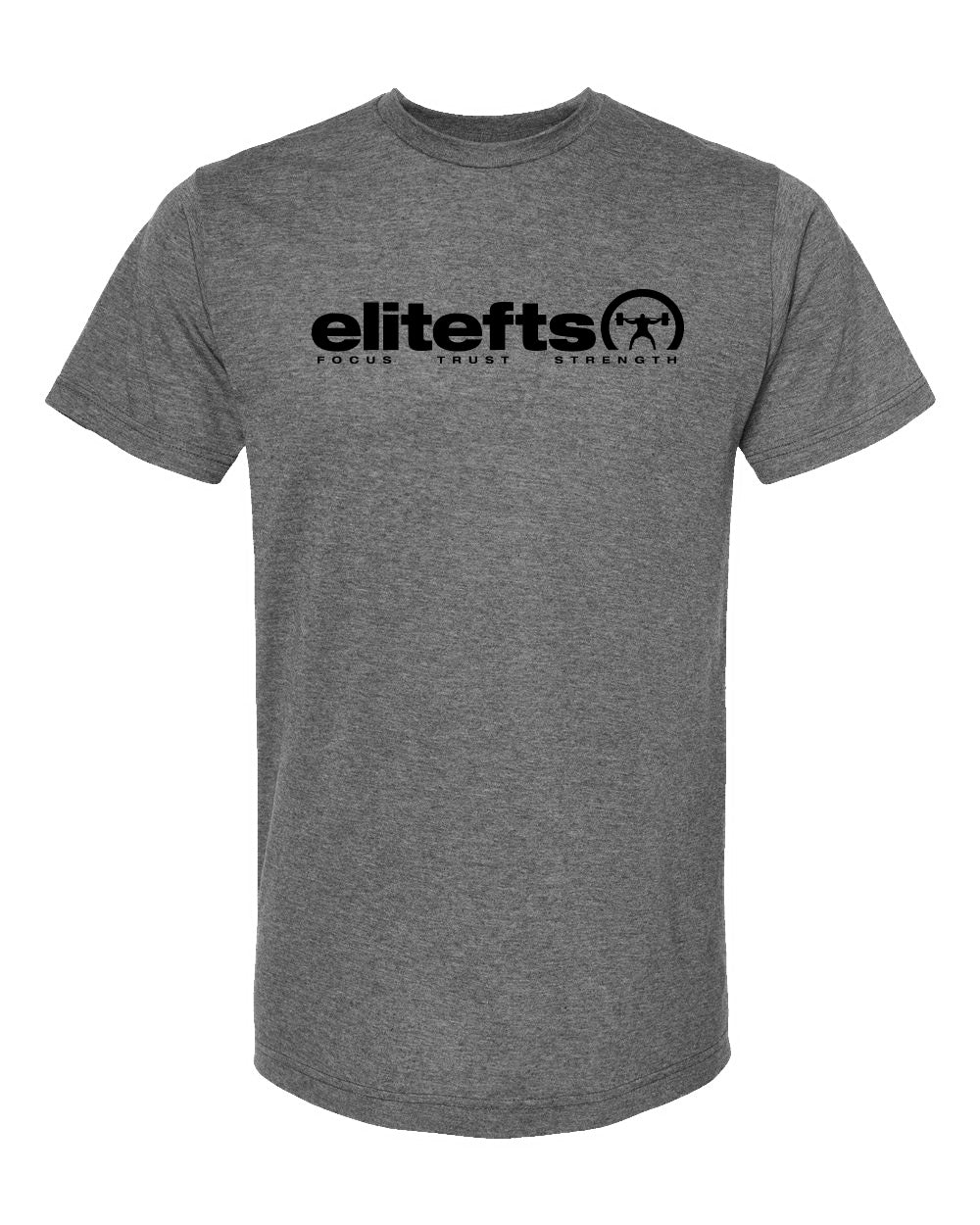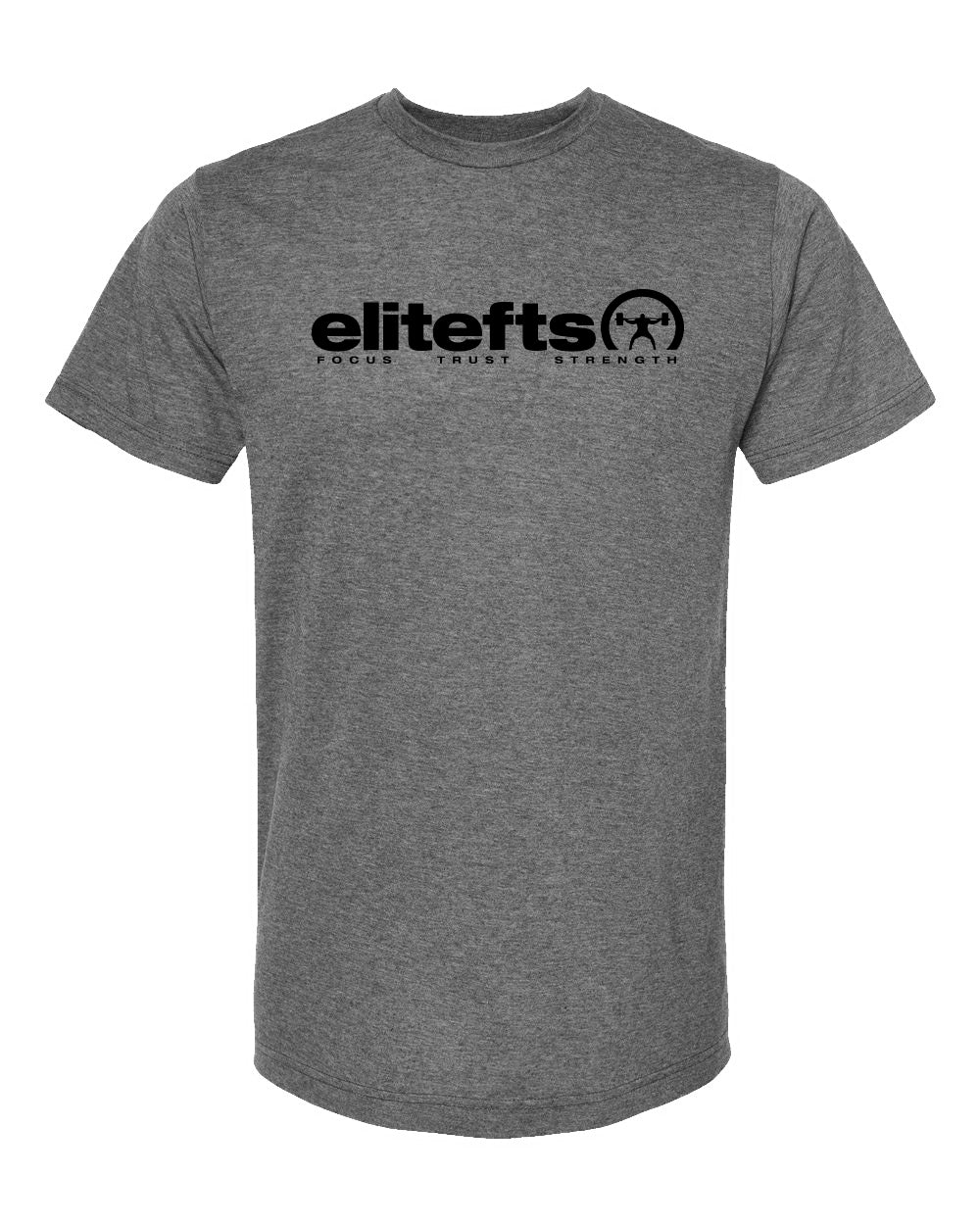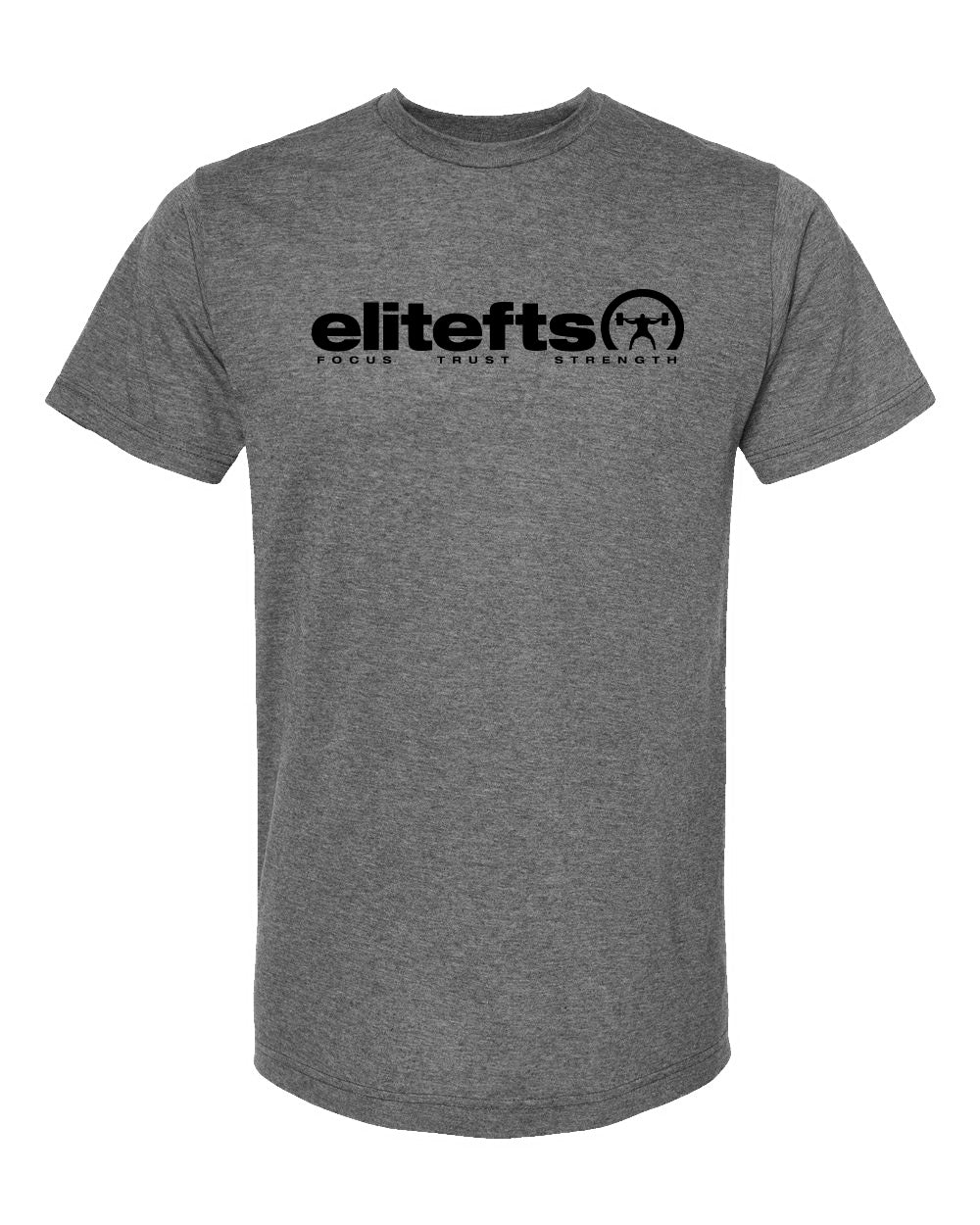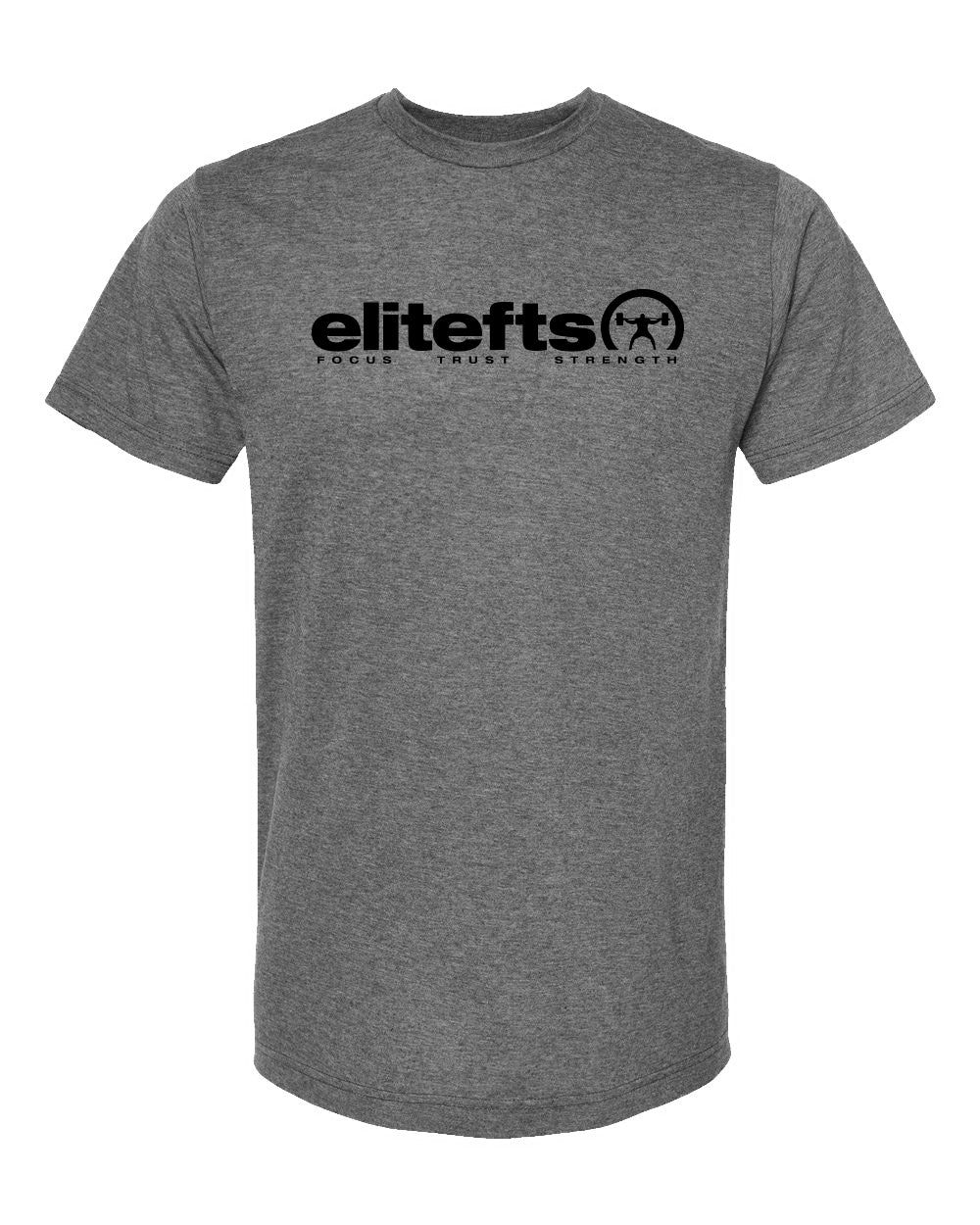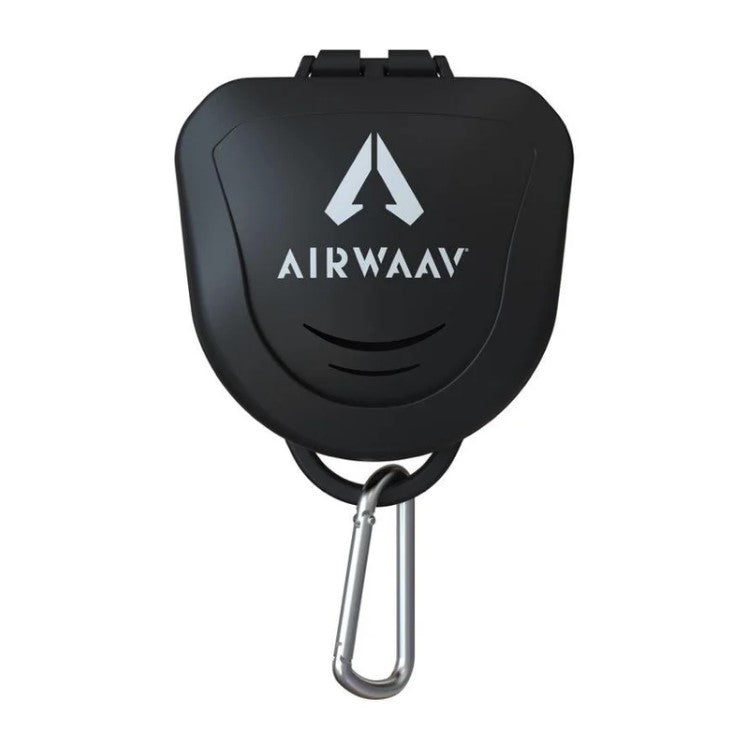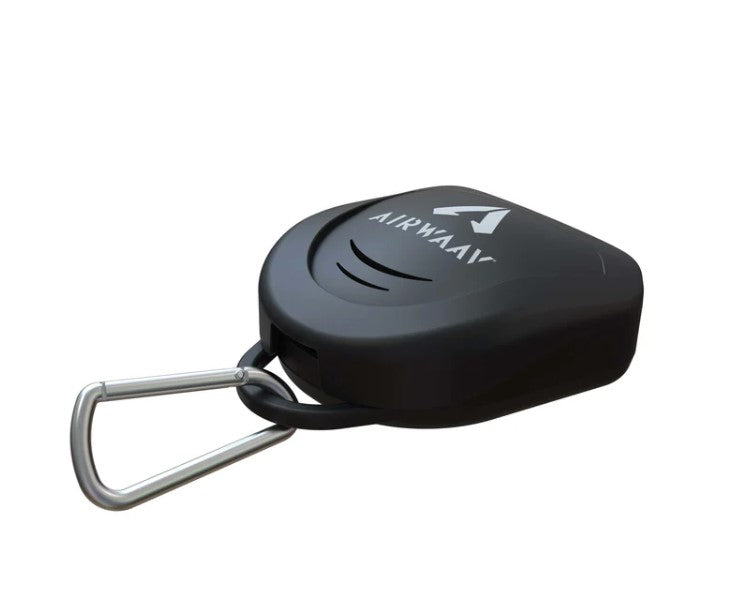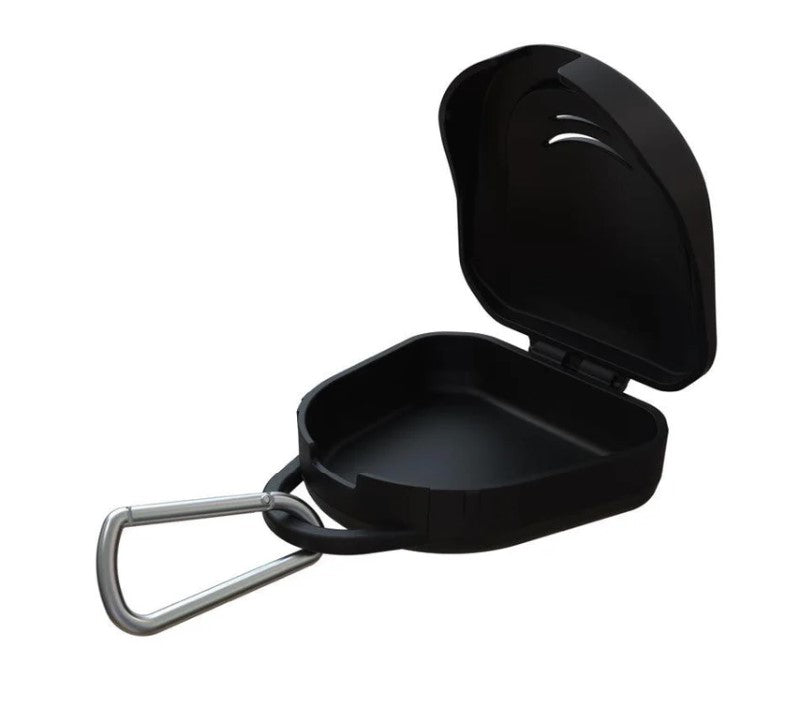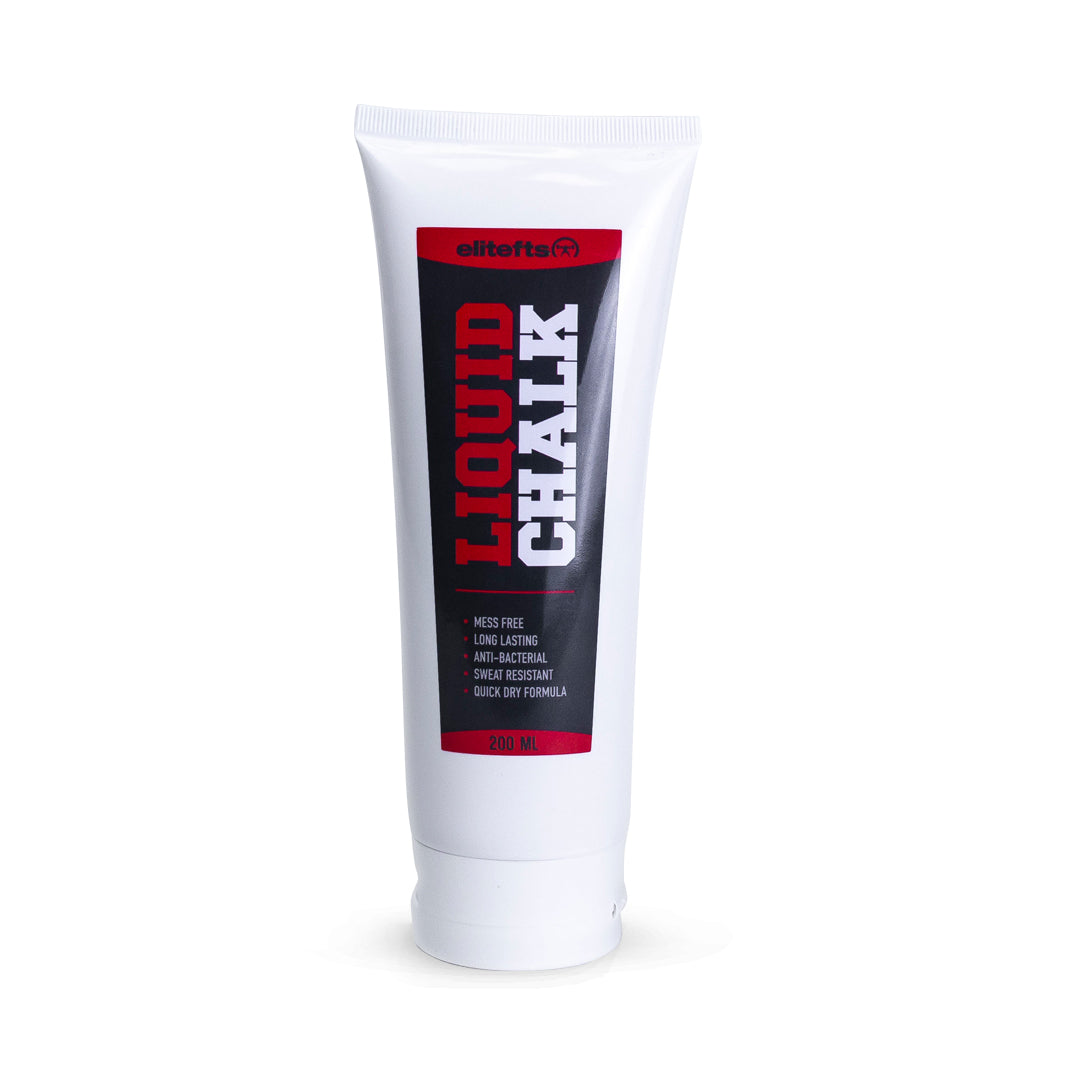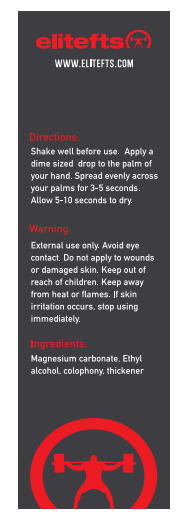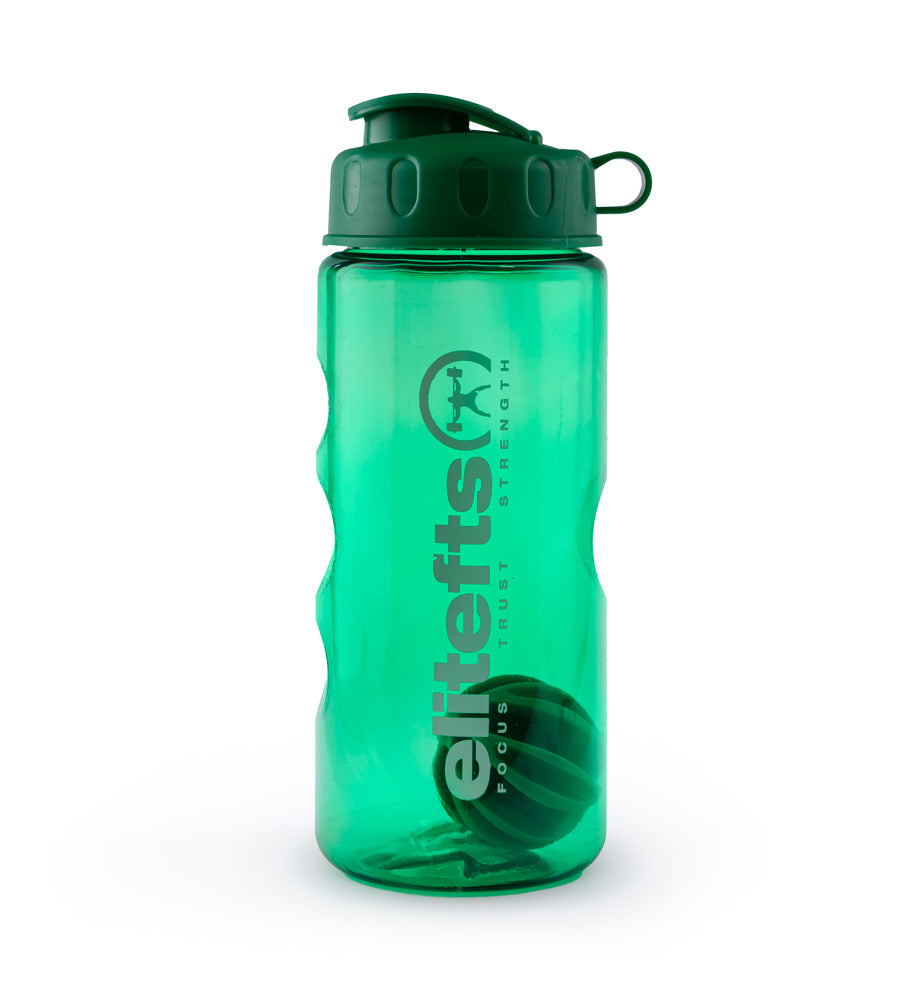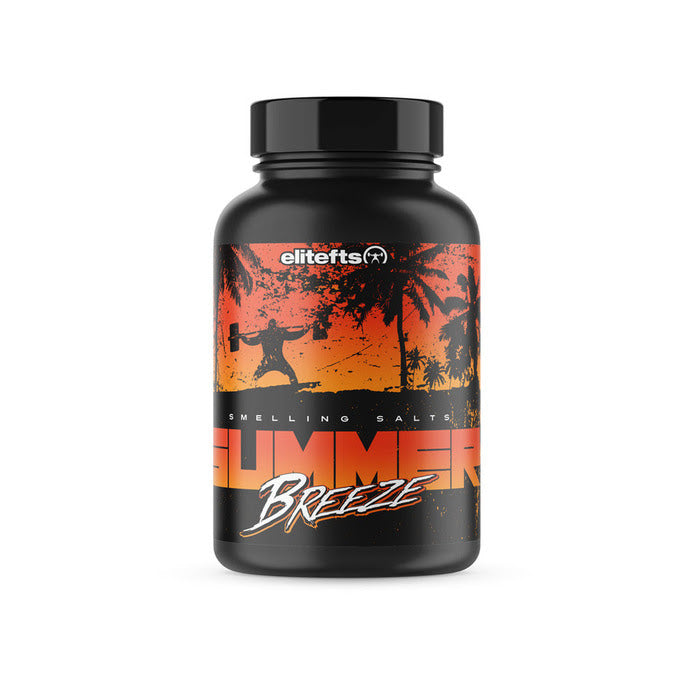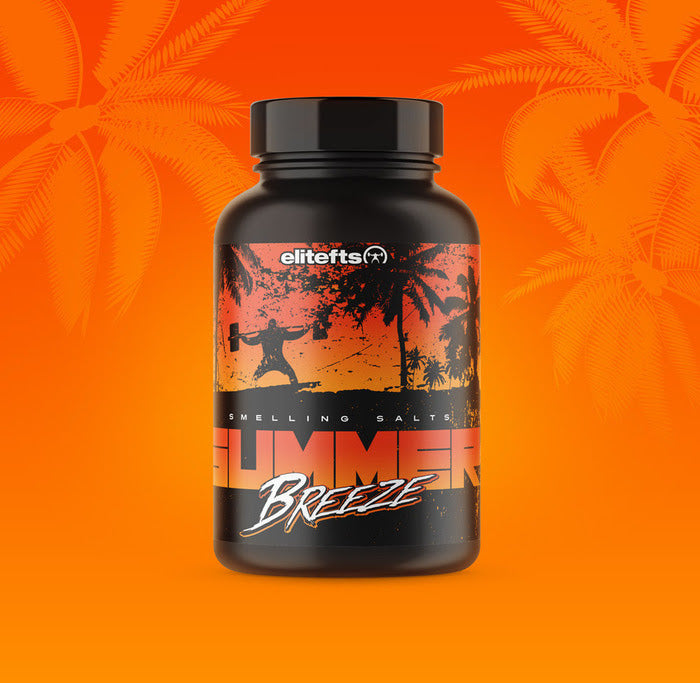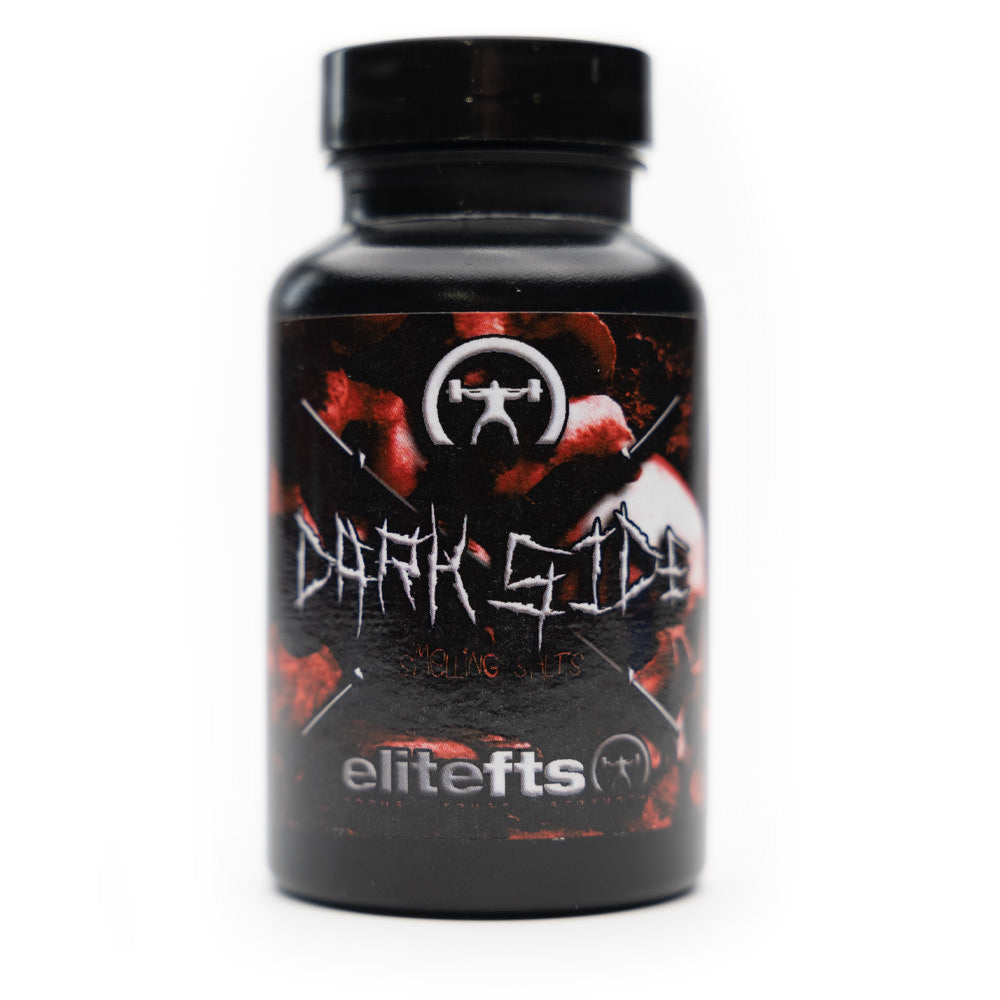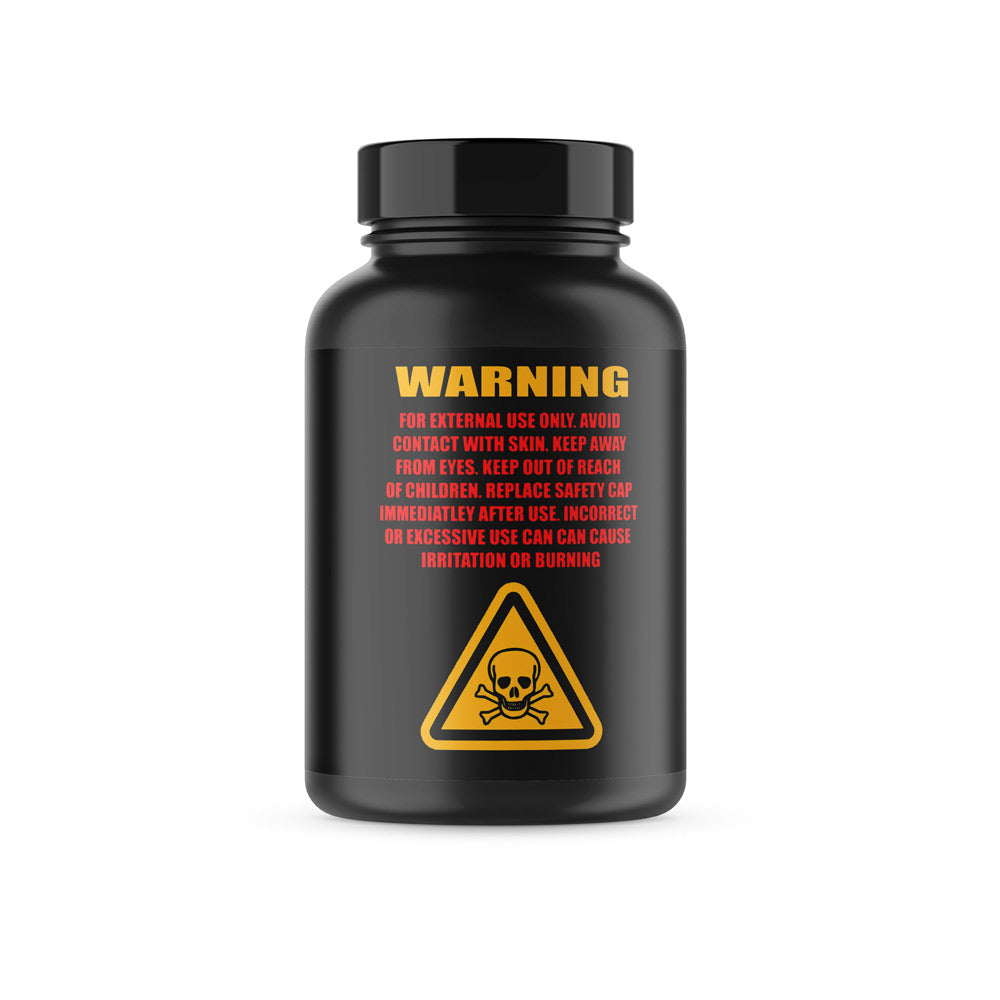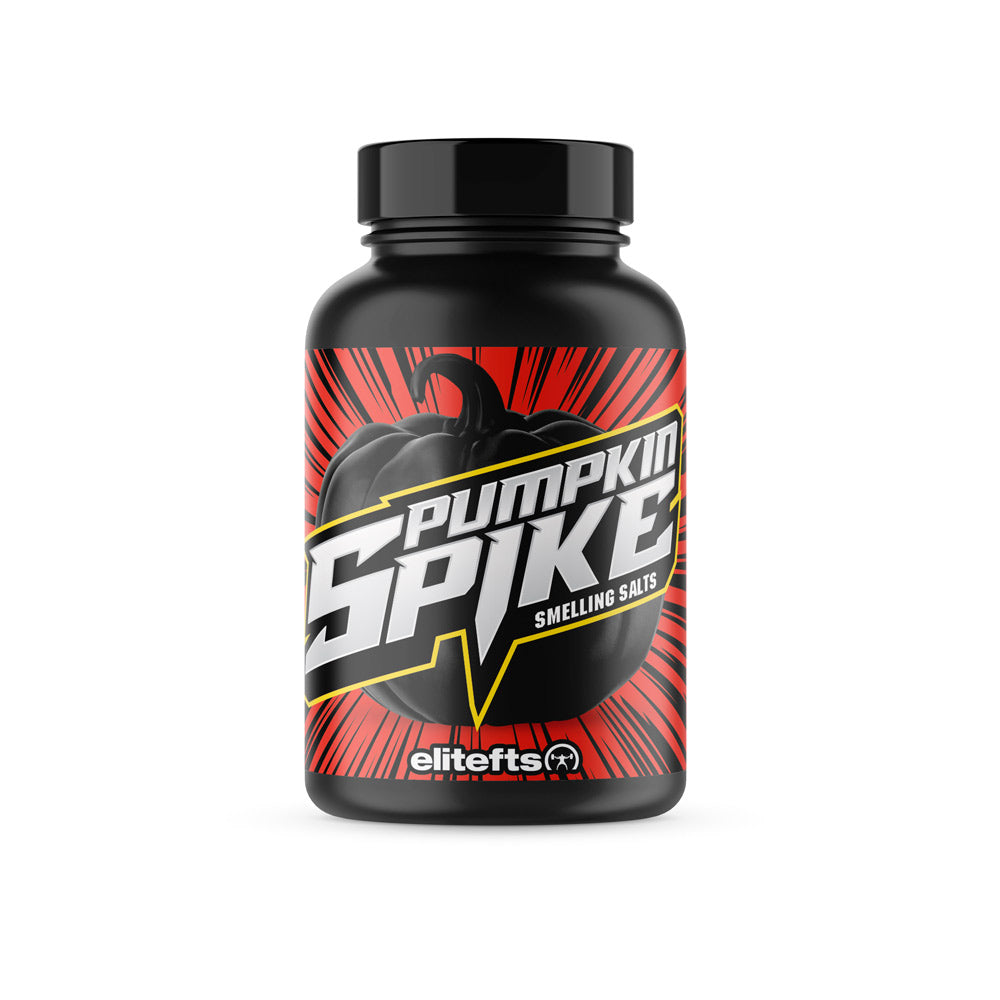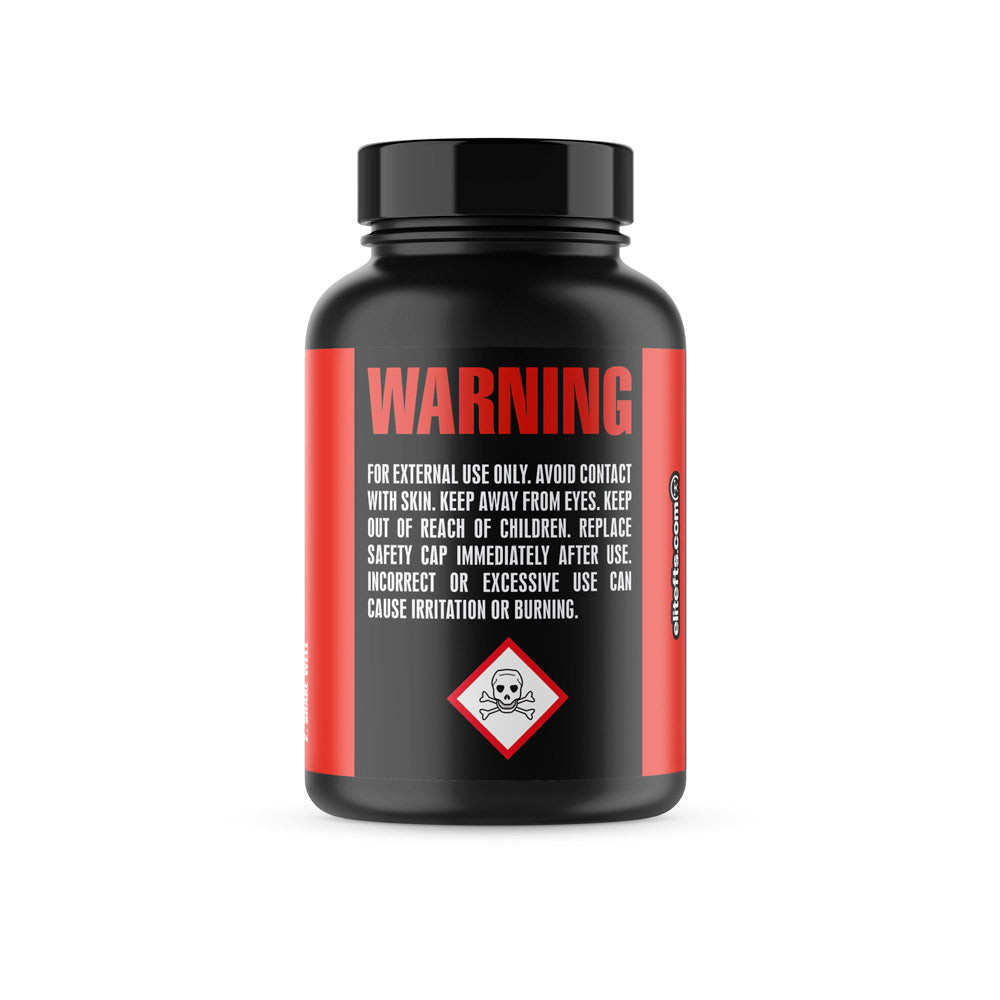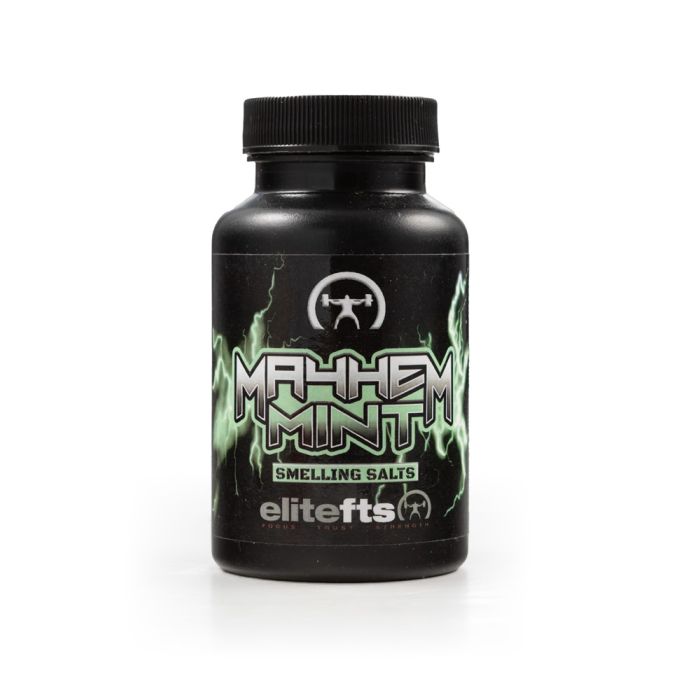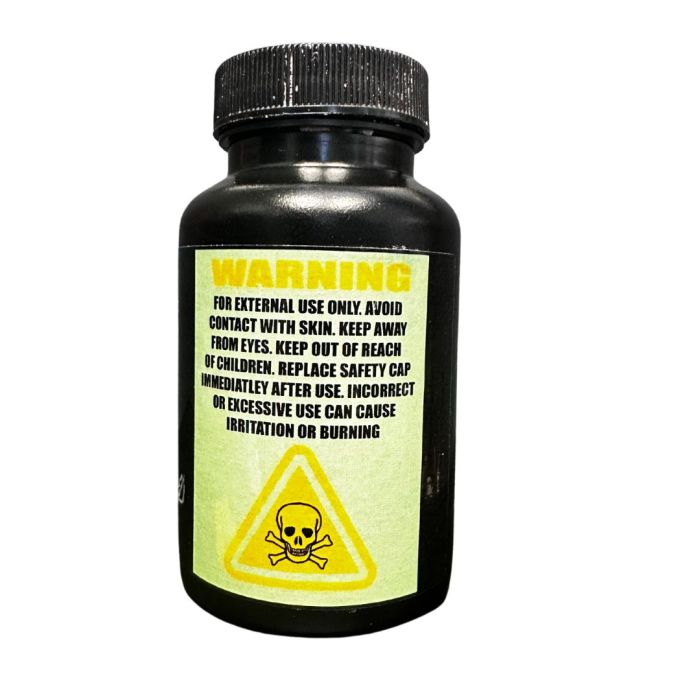
I’ve been thinking lately about the most important factors in becoming a great powerlifter. I recognize that not every powerlifter has the aspirations to become great. Many lifters consider powerlifting a great passion and hobby, but they aren’t necessarily interested in becoming a top-ranked lifter. This being said, I still think the same factors apply, maybe just in different amounts or at different points on the spectrum. Either way, I think some people get their priorities out of whack and put way more focus on the program itself than they do their own attitude and the atmosphere they train in. Here is my list of factors that play a role in making a lifter great, in order of greatest importance to least.
Attitude
Attitude is everything in strength sports. It is truly what separates those whose names go in the record books from those who never quite make it. After getting to meet and know some of the strongest athletes in the world, I have learned that some are genuinely great people while others are terrible. Some are wealthy while others struggle to get by. Some are incredibly intelligent and others aren’t the sharpest tools in the shed. But the one thing that they all have in common is the right attitude. That attitude is a relentless desire to be great. Regardless of the circumstance—whether it be injury, lack of progress, or the stress of life—great lifters find a way to keep working towards their goals. They approach difficult situations like they approach a loaded bar in front of them: as an opportunity to overcome and triumph. More so than anything else, attitude is the most important ingredient in any great lifter.RECENT: The Six-Day Triphasic Microcycle
I see a lot of lifters giving off the facade of “attitude." Wearing string tank tops with beats headphones while mean-mugging every person in the gym isn’t attitude. Posting stupid motivational fitness memes about lone wolves or lions on your Instagram isn’t attitude either. That is ego. And ego is fragile. When someone tells you your squat sucks or you’re fat, it’s going to hurt your feelings and you’re going to take it personally. Then you’re going to sink further down into your proverbial pillow fort that is your sleeveless hoodie pulled over your eyes so you don’t have to engage with anyone else at the gym. Attitude means welcoming criticism because you know that’s the path to making you a better lifter.
Atmosphere
I remember getting into an argument with a lifter one time who said where you trained didn’t matter as long as you had the right attitude towards training. While I agree that attitude comes first on the priority list, atmosphere plays a key role. If it didn’t, then there wouldn’t be any iconic gyms like Westside Barbell, MetroFlex, Quads Gym, or Gold’s Venice. Having the right atmosphere attracts the right lifters and sets a standard for how people will approach their training. I was talking with Dave Tate last week about atmosphere and the importance of having lifting partners and he mentioned how many people have the false idea that you have to like your training partners. Anyone who has played on a sports team knows that isn’t the case. I played college football, and while I was willing to sweat, bleed, fight, and, puke beside every person on my team, I wasn’t going out on the weekends and having drinks with every single one of them. In any team environment, you will have those on the team that you are closer to and others that you aren’t. What’s more important than being best buddies is that everyone on the team is fully committed to making each other the best lifter possible. If everyone is doing that, everyone will get what they want out of the situation. If you’re a powerlifter and have the opportunity to train with a team or a group of other powerlifters and you don’t, you are doing yourself a huge disservice. While powerlifting may be an individual sport, the group aspect of it is what makes it great and what helps lifters succeed. The sport of powerlifting is exactly what elitefts says: Live, Learn, and Pass On. And that can’t be done by yourself.Programming
I’m going to let you all in on a little secret: any intelligent program is going to be effective. I know that’s not what people want to hear in the quest for the holy grail of training programs, but it’s true. You can argue all day about which offensive or defensive football scheme is best in football, but the truth is they’re all effective as long as they’re intelligent and the coach running them knows what they are doing. This is true in powerlifting as well. A coach becomes good by working with a lot of athletes over time and learning to manipulate his or her program to fit the needs of the lifter. Unfortunately, lifters tend to be kind of stupid sometimes and want to be constantly checking out and trying out the next greatest programming breakthrough. This is like the quarterback in the NFL who has a new offensive coordinator every year and can’t quite seem to make it work. They start out with a lot of potential but quickly succumb to injury or age because they never truly learned (or allowed their coach to learn) how to make a system work best for them.Now, that’s not to say that you can’t totally screw yourself up with a dumbass program. I see that happen all the time. The program must be intelligent but I think lifters put way too much emphasis on the program itself and not enough on the attitude and atmosphere. And they are too willing to switch programs without learning how to work a program to fit their needs. There are pros and cons to all programs; don’t fool yourself by focusing on the cons of your current one while only focusing on the pros of the next one. So there you have it, my list of the three most important factors in making a great lifter. First and foremost comes a lifter's attitude. Even with the best program on the planet, a lifter with a crappy attitude will never reach their full potential. Next, comes atmosphere. Get out from behind your headphones and your cell phones and start training with other competitive, like-minded people (even if they piss you off). Finally, get an intelligent program. It’s not the end-all, be-all, but it does make a huge difference to have a program that fits your needs. Do you want to be a great lifter? Which area do you need to step it up?








